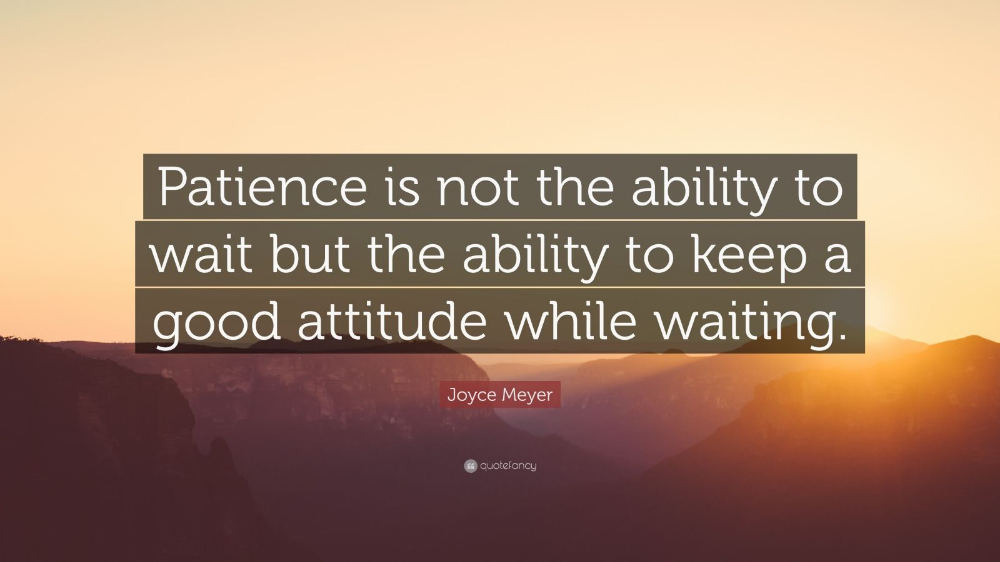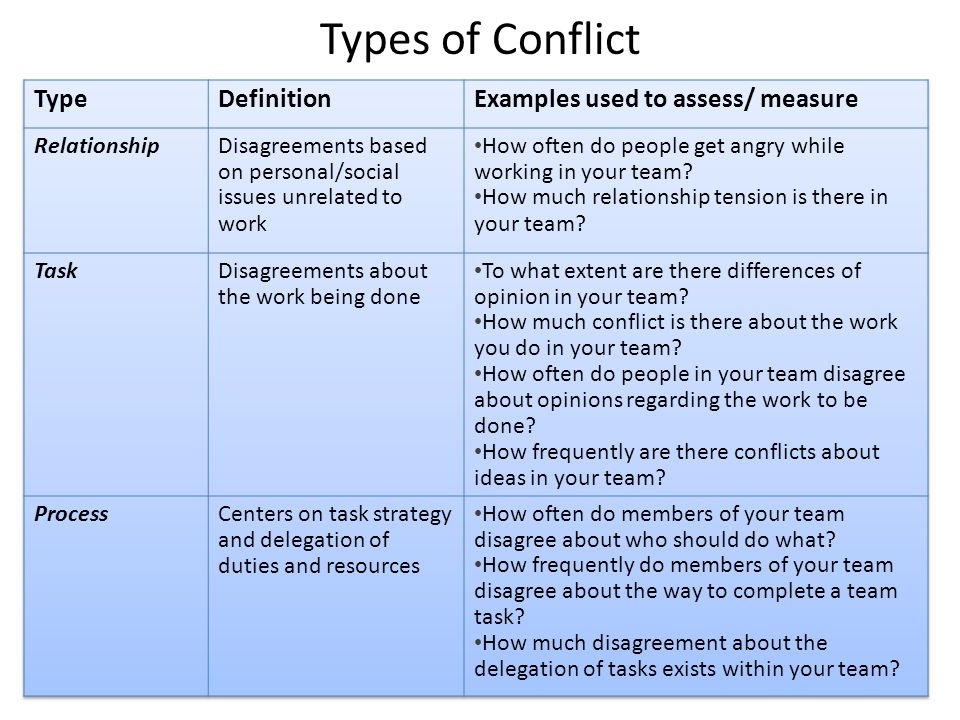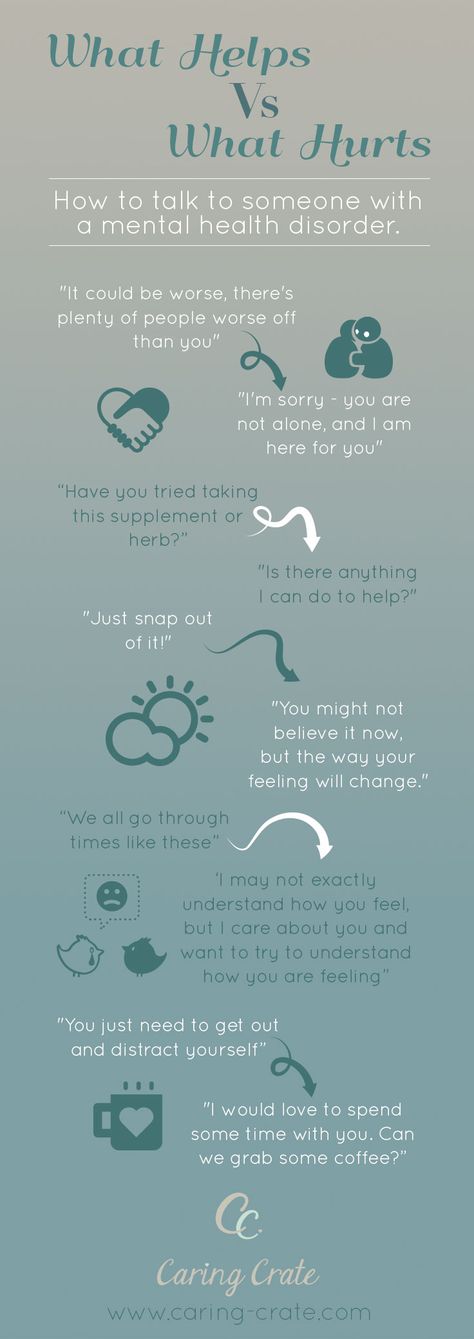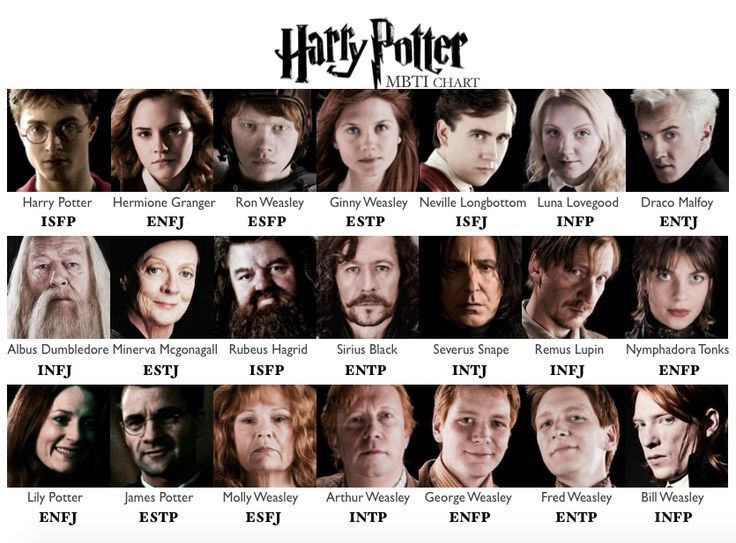Responsible for your own actions
What Does It Mean to Take Responsibility for Your Actions At Work?
Today’s workplace is arguably more interconnected than ever. What you do may not only affect your own productivity, performance, and success, but your coworkers, teammates, bosses, customers, and so forth. For this reason, it is imperative that you take responsibility for your actions and maintain a high level of personal accountability even in the face of failure.
Is it easy to do? Of course not.
Is it worth it? Absolutely.
In the following article, you will find what it means to take responsibility for your actions, examples of taking responsibility at work, and the key factors that impact one’s likelihood of doing so.
What Does It Mean To Take Responsibility for Your Actions?Taking responsibility for your actions requires the realization that you play a part in every situation or experience and therefore, have some degree of responsibility over the outcomes or consequences. You may have heard it referred to as accountability. It means that your first reaction when a mistake is made or a conflict arises, isn’t to blame others, make excuses, twist the facts, or flat out lie. Instead, you swiftly acknowledge there is a problem, identify your role in it, and implement an action plan to minimize (or entirely eliminate) the chances of it happening again.
Examples of Taking Responsibility for Your Actions
As one Forbes author pointed out, someone who takes responsibility for their actions is an accountable individual. Here is what that may look like in action on the job:
- You recognize and own up to your part of what is occurring
- If your message is hurtful to someone, you are willing to examine how your communication may have been damaging
- You don't blame others when you're at fault
- You don't make excuses for why things are happening
- You don't pawn off all the responsibility (or all the failure) onto your team or subordinate
- If you continually miss deadlines or essential project parameters, you don't pretend that it is all out of your control
- If your employee or team is failing, you don't stick your head in the sand and stay in denial - you proactively do something about it
- If your relationships are faltering, you’re open to seeing how you’re contributing to (and even exacerbating) the challenges and conflict
What Makes Someone Take Responsibility for Their Actions?
As Martin Luther King Jr. stated in a 1953 radio address, “One of the most common tendencies of human nature is that of placing responsibility on some external agency for mistakes we have made. We are forever attempting to find some scapegoat on which we cast responsibility for our actions.”
stated in a 1953 radio address, “One of the most common tendencies of human nature is that of placing responsibility on some external agency for mistakes we have made. We are forever attempting to find some scapegoat on which we cast responsibility for our actions.”
So, what exactly would make someone take responsibility for their actions at work? In an article for Berkley’s Greater Good Magazine that cross-referenced a number of studies it was found that “when you believe that your behavior can change, you are more likely to be willing to admit responsibility. A big reason why you are able to admit fault is that you recognize that once you admit what you have done wrong, you can work to make it better, and so you are not threatened by admitting mistakes. People who do not believe that they can change are stressed by admitting their mistakes, because they believe that those mistakes say something fundamental about who they are as a person.”
This highlights the importance of non-judgemental team culture and a relationship of trust with one’s direct leader when it comes to taking responsibility for your actions. If those things do not exist, it is not surprising if you are stressed, anxious, or fearful of taking responsibility for your actions as you assume ridicule, hostility, or even disciplinary action will follow. On the other hand, when your team’s culture is non-judgemental and everyone, including your leader, has your best interests at heart, taking responsibility for your actions actually becomes a valuable learning experience that you can move on from.
If those things do not exist, it is not surprising if you are stressed, anxious, or fearful of taking responsibility for your actions as you assume ridicule, hostility, or even disciplinary action will follow. On the other hand, when your team’s culture is non-judgemental and everyone, including your leader, has your best interests at heart, taking responsibility for your actions actually becomes a valuable learning experience that you can move on from.
Conclusion
It is never easy to take responsibility for your actions, especially when those actions have consequences. But rest assured, it is worth it! As the bestselling author, John C. Maxwell, once said, “People who blame others for their failures never overcome them. They simply move from problem to problem. To reach your potential, you must continually improve yourself, and you can't do that if you don't take responsibility for your actions and learn from your mistakes.”
How to Take Responsibility For Your Actions (& Why it's so Important!)
Life can be stressful and unpredictable, and sometimes it is easier to shy away from taking responsibility for our actions.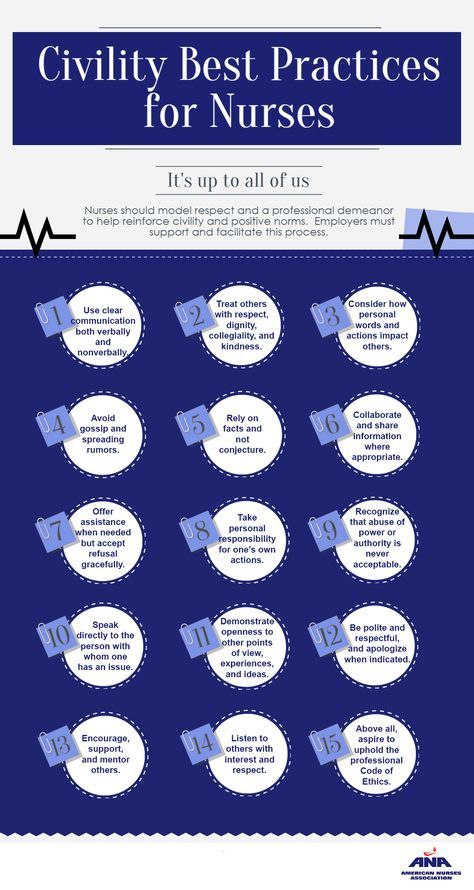 That's because accepting responsibility for our actions is often hard. It is common to avoid responsibility for short-term relief from negative emotions, but the long-term consequences can be significant.
That's because accepting responsibility for our actions is often hard. It is common to avoid responsibility for short-term relief from negative emotions, but the long-term consequences can be significant.
Though it is no easy feat, taking responsibility for your actions can be empowering and have significant positive impacts on your life. To name a few benefits, it can improve your relationships, enhance your ability to learn, and lead to you feeling more in control of your life.
In this article, I will share what it means to take responsibility for your actions, why it is crucial to do so, and some helpful tips to execute.
Contents
- What does it mean to take responsibility for your actions?
- Why is it important to take responsibility for your actions?
- 1. It improves your mental health
- 2. It strengthens your relationships
- 3. It increases your ability to learn
- 4. You'll gain a higher internal locus of control
- 5 tips for taking responsibility for your actions
- 1.
 Stop blaming other people
Stop blaming other people - 2. Stop making excuses
- 3. Accept negative emotions
- 4. Act, don’t react
- 5. Practice self-compassion
- 1.
- Wrapping up
What does it mean to take responsibility for your actions?
Taking responsibility for your actions means you recognize the areas of your life that you can control and make positive changes to. It also means accepting and moving past the things you cannot control, without placing blame or excuses. Sometimes when we make a mistake, it can be difficult to own up to it and take actionable steps to resolve it. Our first reaction may be to deflect blame onto others or make excuses for the situation.
Taking responsibility for your actions empowers you to have the agency to influence your life. You are not just reacting to situations, rather you get to choose how to respond to them.
When you take responsibility for your actions you first acknowledge the issue, whether it is a mistake you made or something in your life you would like to change.
Then, you recognize what role you play in the situation, including what aspects are within your control, as well as the things you cannot change. Lastly, you implement an action plan to resolve the issue and limit the chances of it happening again in the future.
Don't Miss Out On Happiness!
Receive our 10 evidence-based tips to improve your mental health instantaneously when you need to take care of yourself!
Why is it important to take responsibility for your actions?
Taking responsibility for your actions has many benefits, even though it may be hard to do so. Here are 4 of the biggest benefits you'll get from taking responsibility of your own actions:
1. It improves your mental health
Studies show that “Developing personal responsibility positively contributes to one’s well-being, self-esteem, and psychological health by empowering individuals to take ownership over behaviors and actions”.
When you take responsibility for your actions you feel a sense of control, rather than feeling like a victim of circumstance.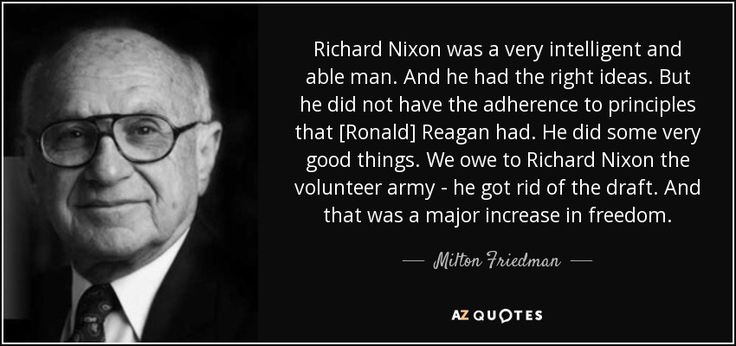
Taking responsibility for your actions involves taking an active role in problem-solving, rather than waiting or hoping situations will resolve on their own. When it comes to mental health and wellness, it is evident that there will be environmental factors that play a significant role that are beyond our control.
However, there will also be factors that you can change.
For example, say you are struggling with anxiety and want to take responsibility to improve your mental health. You can seek professional support such as therapy or consult with your general practitioner. You can explore what coping strategies work for you, such as breathing, meditation, exercise, caring for a pet, or spending time with loved ones. Alternatively, you can also try to develop a better understanding of your triggers.
All of these things are within your control and will likely lead to improved symptoms over time.
2. It strengthens your relationships
Think about your own personal relationships. If you have a friend who does not take responsibility for their actions, places blame on others, and is constantly coming up with excuses for their actions, is this someone you would want to surround yourself with? The likely answer is no. You may view this individual as unreliable, untrustworthy, and immature.
If you have a friend who does not take responsibility for their actions, places blame on others, and is constantly coming up with excuses for their actions, is this someone you would want to surround yourself with? The likely answer is no. You may view this individual as unreliable, untrustworthy, and immature.
Taking responsibility for your actions plays a key role in relationships. When you do this, you demonstrate to your partner, friend, or family member that you are mature and willing to be honest and vulnerable.
This in turn establishes an environment where the other individual feels safe to be vulnerable and authentic, leading to relationships characterized by trust, openness, and transparency.
3. It increases your ability to learn
The relationship between personal responsibility and learning ability has been studied extensively. Research shows that being responsible for one’s own learning is essential for academic, personal, and professional growth and success.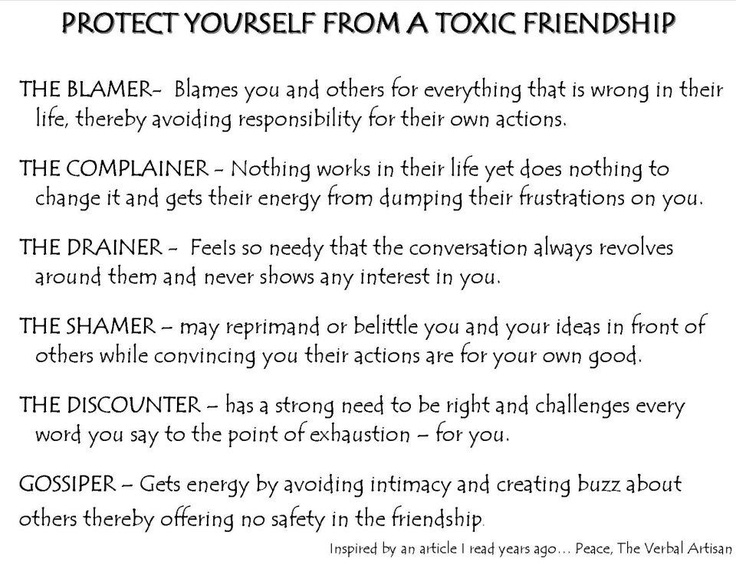 Taking responsibility in the context of study and learning means that the student recognizes that they play an active role in their learning and that their actions directly affect their peers.
Taking responsibility in the context of study and learning means that the student recognizes that they play an active role in their learning and that their actions directly affect their peers.
The ability to be a strong learner means going beyond what is provided to you and passively receiving the knowledge that is taught. Rather, a strong learner takes responsibility for their learning by having a vested interest and putting effort and engagement into their studies.
4. You'll gain a higher internal locus of control
Internal locus of control is a psychological term that means that a person believes they have a sense of control in their life, rather than their life being controlled by external factors.
If you have a higher internal locus of control, you are more likely to attribute your success (and failures) as being a result of your own actions. If you have a higher external locus of control, you may believe that your life is not within your control, and any success or failure you experience is attributed to luck or fate.
For example, let’s say there is a big exam coming up at school. An individual with a higher internal locus of control may believe that the exam results will reflect the amount of studying and preparation done, therefore they will study extra harder. On the other hand, an individual with a higher external locus of control may believe that studying is a waste of time, as the result of the exam is not within their control and is solely based on the bias of the teacher. Who do you think will be more successful in this situation?
People with an internal locus of control take responsibility for their actions as they recognize the aspects of their life that they can influence, and act accordingly. Studies show that individuals with a greater internal locus of control have higher self-confidence and are more resistant to stress.
5 tips for taking responsibility for your actions
So as it turns out, there are many reasons to take responsibility for your actions. But how do you actually do so? Here are 5 tips that will help you take responsibility.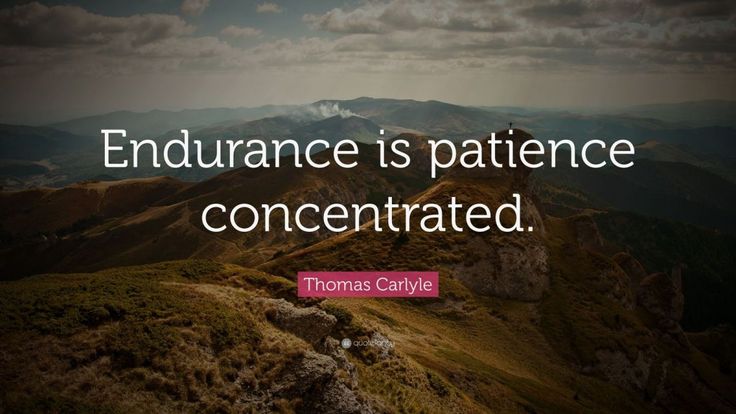
Blame is a defense mechanism. It is easier to blame others when things go wrong, or when a mistake is made rather than taking full responsibility for your actions. Just because it is easier does not mean that it is right, or that it will benefit you in the long term.
In the moment, shifting the blame may alleviate some stress and negative emotions. However, it will not resolve the issue and will likely leave you feeling guilty and emotionally drained.
It is not fair to yourself, nor is it fair to the person being wrongly blamed. Additionally, when you blame others you risk losing valuable friendships, relationships, or jobs. People may lose trust and respect for you, leaving you to feel lonely.
In the moment it can be scary to accept responsibility and take actionable steps towards change. Reminding yourself that it is the right thing to do, and that it will benefit you in the long term may help you to resist playing the ‘blame game’ and take responsibility for your actions.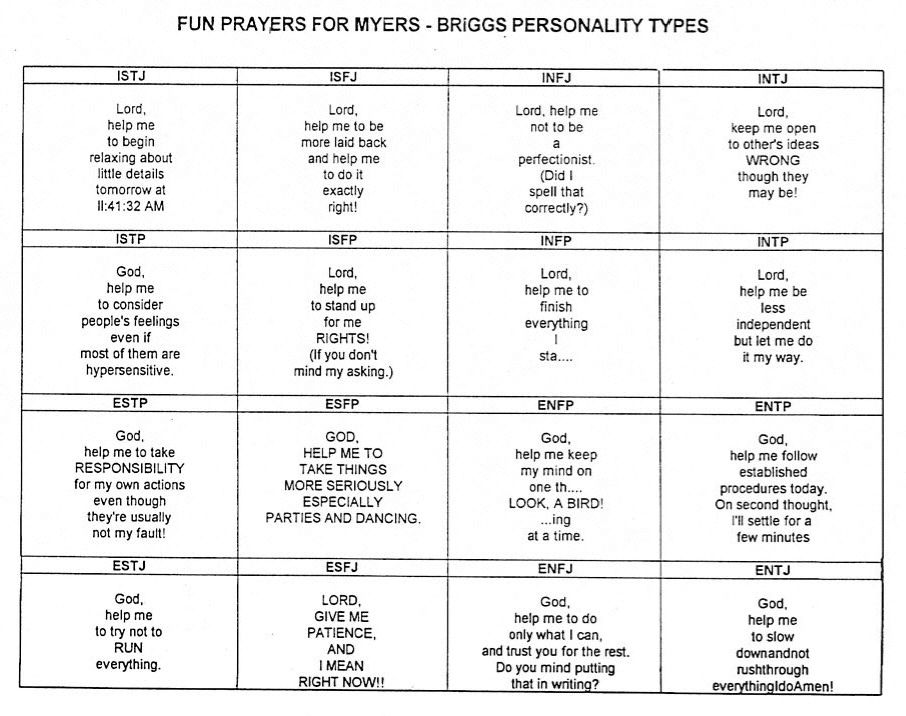
Sometimes we make excuses to rationalize why we didn’t take responsibility for our actions or to avoid situations that are difficult or uncomfortable. Making excuses is like taking the easy way out. Rather than admitting fault or mistakes, we make excuses to rationalize actions, even if they may be wrong.
For example, perhaps you were not able to finish a school assignment by the deadline. Instead of blaming the teacher for making the deadline too soon, consider the factors in your control. You could have started the assignment early enough to complete it on time, or sought out support, whether it is from a peer or teacher to assist you in completing the task.
It can be tempting to make excuses to justify our behavior, however, it is not productive, and will not benefit you in the long term.
3. Accept negative emotionsIt is inevitable that you will experience negative emotions in your life.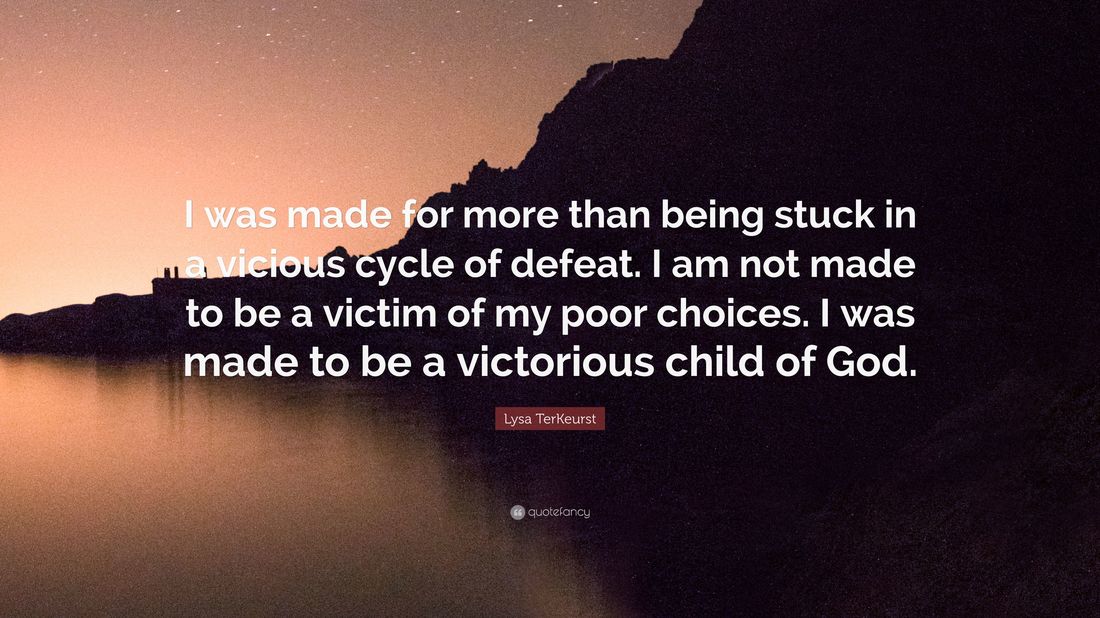 Taking responsibility for your actions can bring up feelings of discomfort, fear, and shame. These emotions can be difficult to cope with, but it is important to accept them in order to move forward.
Taking responsibility for your actions can bring up feelings of discomfort, fear, and shame. These emotions can be difficult to cope with, but it is important to accept them in order to move forward.
Practicing mindfulness can help you to sit with negative emotions rather than trying to run away from them. Avoiding negative emotions and discomfort only perpetuates it in the long term and makes it more difficult to take responsibility for our actions and move forward.
Try some of these tips to implement mindfulness during times when negative emotions are present.
4. Act, don’t reactWhen mistakes or uncomfortable situations happen, it is common for our first instinct to be defensiveness. As mentioned earlier, sometimes it is easier to deflect blame, make excuses, or run away from negative emotions. When we react to situations without thinking it through, it is likely that the response will be defensive, without resolving the issue.
It is important to take a step back and act on the situation in a way that is calm and impactful. It can be difficult to have a calm perspective during the heat of the moment, but there are some things you can do to bring yourself to a calm place, so you can move forward:
It can be difficult to have a calm perspective during the heat of the moment, but there are some things you can do to bring yourself to a calm place, so you can move forward:
- Perform a breathing exercise.
- Go for a quick walk (this article really explains how powerful this tactic really is!).
- Call a friend to talk about the situation.
Once you are in a state where you are acting and not reacting, you are better able to make informed and rational decisions in order to rectify the situation.
5. Practice self-compassionLike all humans we make mistakes, go through difficult times, and sometimes act in ways we later wish we hadn’t. Everyone experiences this and no one is perfect! Though it is important to take responsibility for our actions and make things right, it is equally as important to be kind to yourself.
For example, say you reacted badly and said hurtful things to a close friend during an argument, and now you’re beating yourself up about it. You may be ruminating over the conversation, thinking about the things you said, or should have said, and telling yourself that you are a bad person who doesn’t deserve friendship.
You may be ruminating over the conversation, thinking about the things you said, or should have said, and telling yourself that you are a bad person who doesn’t deserve friendship.
These negative thoughts and feelings are natural and valid, but they do not help the situation, and they do not leave room for self-compassion.
Imagine a friend came to you with the same situation. What would you tell them? You would probably show them compassion and say something like “That sounds like a difficult situation, and I can see that you are not happy with how you responded. Remember that everyone makes mistakes, and it will get better. What do you think you can do to fix the situation?”
Taking an approach like this allows you to forgive yourself, and show yourself kindness, while still holding yourself accountable and taking responsibility for your actions.
Get Our FREE Mental Self-Care Cheat Sheet
10 evidence-based tips to improve your mental health instantaneously when you need to take care of yourself!
Wrapping up
Taking responsibility for your actions is rarely easy, but it is worth it. The benefits of taking responsibility outweigh the discomfort that comes with it. Mistakes are human, tough situations are unavoidable, and there will always be factors outside of our control. It is how we respond to them that is important.
The benefits of taking responsibility outweigh the discomfort that comes with it. Mistakes are human, tough situations are unavoidable, and there will always be factors outside of our control. It is how we respond to them that is important.
Do you find it hard to take responsibility for your own actions? Or do you feel like a victim of circumstance more often than not? I'd love to hear your thoughts in the comments below!
Jessie Faber
Writer
Writer, athlete, social worker, and professional thrift shopper. Born in Canada, but currently living my dream playing professional soccer in Greece. Passionate about mental health advocacy, sewing, singing, and playing guitar.
What is the responsibility for one's actions? (According to the text of Y. Dombrovsky.)
- Works
- Grade 9 OGE
- Responsibility
I believe that responsibility is a very important quality, and each person should develop it in himself. What is the responsibility, in my opinion? I will try to tell in my essay.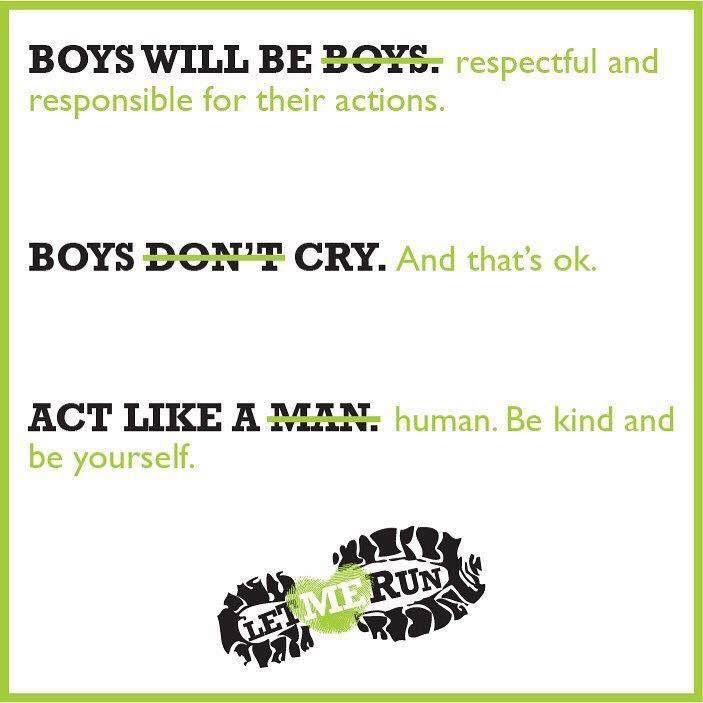
It seems to me that responsibility should be taught from childhood. Much here depends on the parents, what they managed to teach their child and what moral values they invested in him. If a person does not want to show responsibility and behaves inappropriately, then it will be difficult for him in society, because people do not like and do not respect irresponsible actions.
Consider a simple example. Imagine a situation where a little girl wants to take home a kitten. The parents agree, and together they go to find a new furry friend. Everyone is happy and happy at first. And then the kitten begins to grow up and the girl becomes not interested in playing with her pet. She stops caring for him, does not change the tray, does not give him water and food on time. Parents, watching such a picture, throw the kitten out into the street, but the girl herself does not mind, because she has other interests and she no longer needs a pet. This situation clearly reflects two examples of irresponsibility.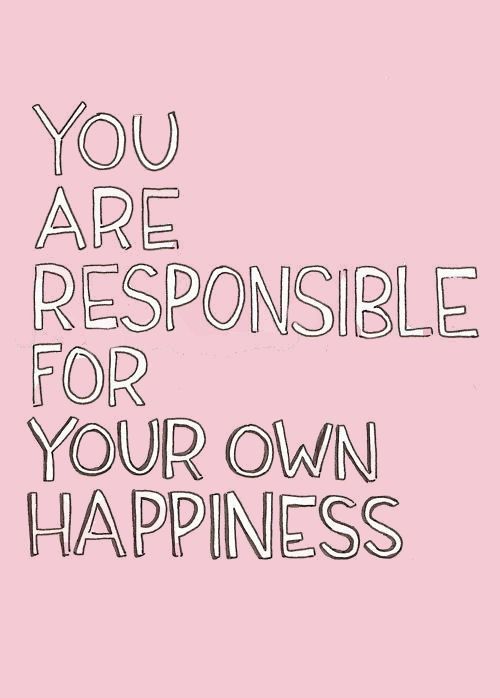 Parents showed up first. They had to have a lot of conversations with their daughter, explain what care and supervision of an animal is, and, of course, they should not have thrown an innocent frightened animal out the door. The girl also distinguished herself by her irresponsibility. She played with a living creature as if with a toy, stopped taking care of him and did not prevent her parents from parting with the kitten. But we are responsible for those who have tamed.
Parents showed up first. They had to have a lot of conversations with their daughter, explain what care and supervision of an animal is, and, of course, they should not have thrown an innocent frightened animal out the door. The girl also distinguished herself by her irresponsibility. She played with a living creature as if with a toy, stopped taking care of him and did not prevent her parents from parting with the kitten. But we are responsible for those who have tamed.
There are many such situations. We are responsible for our relatives, and most importantly, for our actions. If a person acts according to his conscience and does not neglect responsibility, then he will definitely win over worthy people and feel confident. Therefore, it is very important to cultivate this feeling in yourself, to control and try to always be a responsible person.
Option 2
Many consider the importance of this concept and want to know what mechanisms are behind it. When they talk about responsibility, they usually look for the following: either they want to be responsible, or, conversely, they strive to avoid it.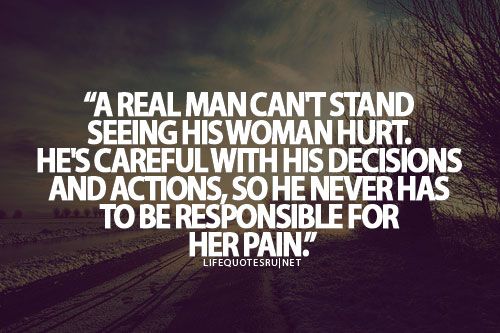 Often, when asking the question “what is responsibility?”, it is difficult to get an intelligible answer. Nevertheless, this is an important concept that permeates all life, all decisions, and letting it go on its own is not very rational. Not to be confused with obligation, since only responsibility equals payment for the consequences of actions or inactions.
Often, when asking the question “what is responsibility?”, it is difficult to get an intelligible answer. Nevertheless, this is an important concept that permeates all life, all decisions, and letting it go on its own is not very rational. Not to be confused with obligation, since only responsibility equals payment for the consequences of actions or inactions.
Responsibility is the ability to deal with the consequences of any situation and the obligation to answer for actions and actions. It is very important to understand what "ability to deal" means. It means ─ to do, to have the ability to influence the situation. This means ─ control, power and other epithets that include the ability to influence what responsibility is taken for. The concepts of "power" and "responsibility" always go together, and one must understand that there is no power without responsibility. If a person is not responsible, an imbalance begins. How does this manifest itself in life?
Suppose an employee is given an important but unrealistic task and, of course, responsibility is placed on him. But the result was not positive. The situation is complicated, it needs to be corrected, and you have to work longer, more, spending personal time and effort, because he is a responsible person. Sometimes people begin to avoid this responsibility only because it was not their decision, they did not create such a situation with such an outcome. And no matter how the boss insists later, not ready to deal with the consequences of his decisions, no one wants to take responsibility.
But the result was not positive. The situation is complicated, it needs to be corrected, and you have to work longer, more, spending personal time and effort, because he is a responsible person. Sometimes people begin to avoid this responsibility only because it was not their decision, they did not create such a situation with such an outcome. And no matter how the boss insists later, not ready to deal with the consequences of his decisions, no one wants to take responsibility.
The same happens in personal life and relationships. It should be understood that everything that everyone has or does not have, what is done or not done, depends solely on him. There are people who avoid responsibility, but in society there are those who have to take full responsibility for the situation and make decisions on their own, and they are forced to become rescuers and controllers.
Some perceive responsibility as a heavy burden, but it is not, it gives freedom, leadership, calmness, confidence.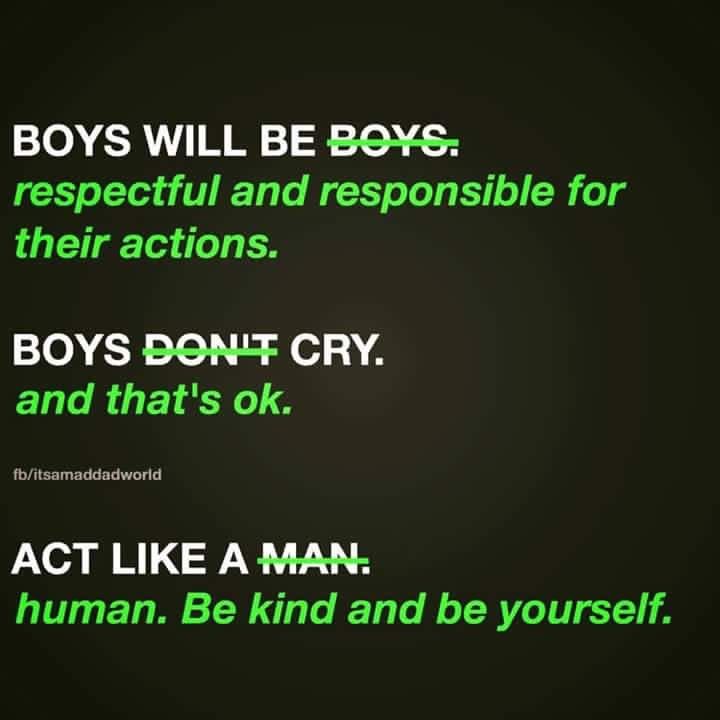 Responsibility must be accepted as a valuable gift, as it is an opportunity to create life the way they want to see it. If you don’t like the picture of the surrounding life, then you need to start with yourself. Responsible attitude to your actions and words can give you a very advantageous position in life and will allow you to be happier.
Responsibility must be accepted as a valuable gift, as it is an opportunity to create life the way they want to see it. If you don’t like the picture of the surrounding life, then you need to start with yourself. Responsible attitude to your actions and words can give you a very advantageous position in life and will allow you to be happier.
Arguments from literature
- A. de Saint-Exupery The Little Prince. Should a person be held responsible for his actions? More than one generation of people, including writers, has thought about this question more than once. Antoine de Saint-Exupery in the fairy tale-story "The Little Prince" also raises the problem of a person's responsibility for his deeds. The protagonist of the work is the Little Prince, a very young creature. He lives on his own planet, where he has three volcanoes, two of which are active and it is very convenient to cook food on them, and one is extinct. Like some other planets, the planet of the Little Prince grew useful and harmful herbs, as well as simple, modest flowers that took up very little space.
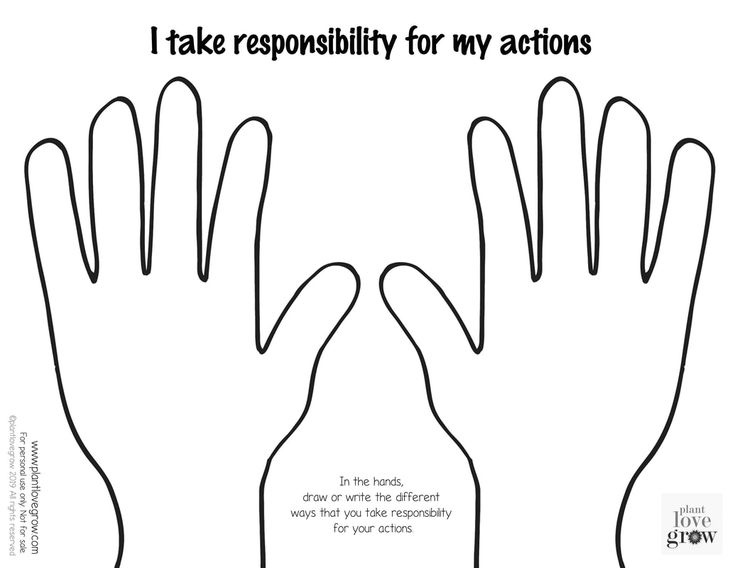 And one day, among the flowers, a sprout appeared from a grain that had come from nowhere, which the hero followed very vigilantly, as he was afraid that it was some kind of baobab. But the prince's fears were in vain: the sprout quickly stopped reaching up and a bud appeared on it. The hero was looking forward to the appearance of a miracle. This miracle was the appearance of a rose, beautiful, but capricious, proud and very touchy. However, the Little Prince was wise and responsible beyond his years. He immediately felt that he was now responsible for his amazing guest. The prince took care of her, watered her from a watering can, sheltered her from drafts, saved her from the night cold. The hero felt responsible for his little world. He patiently fought the baobabs, which could cause irreparable harm: with their roots to tear the small planet of the Little Prince to shreds. To prevent this, the hero carefully weeded out the weeds every morning. He did not forget about volcanoes: he regularly cleaned two active volcanoes.
And one day, among the flowers, a sprout appeared from a grain that had come from nowhere, which the hero followed very vigilantly, as he was afraid that it was some kind of baobab. But the prince's fears were in vain: the sprout quickly stopped reaching up and a bud appeared on it. The hero was looking forward to the appearance of a miracle. This miracle was the appearance of a rose, beautiful, but capricious, proud and very touchy. However, the Little Prince was wise and responsible beyond his years. He immediately felt that he was now responsible for his amazing guest. The prince took care of her, watered her from a watering can, sheltered her from drafts, saved her from the night cold. The hero felt responsible for his little world. He patiently fought the baobabs, which could cause irreparable harm: with their roots to tear the small planet of the Little Prince to shreds. To prevent this, the hero carefully weeded out the weeds every morning. He did not forget about volcanoes: he regularly cleaned two active volcanoes.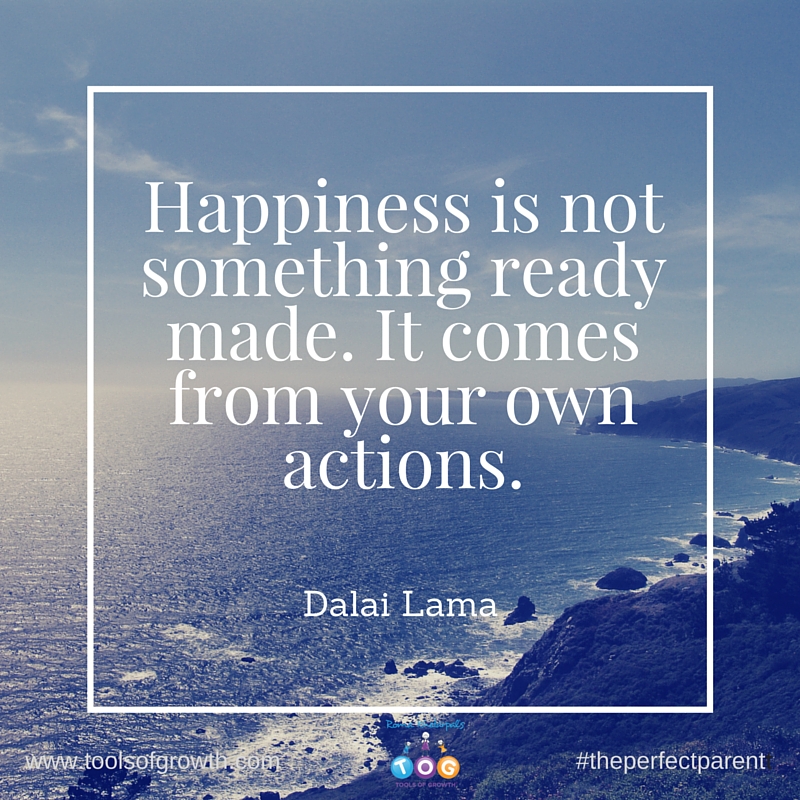 The Little Prince had a rule that he constantly adhered to. Every morning he got up, washed himself, and then put his house in order. Not once did the hero deviate from this rule, because he felt a huge responsibility for his planet, and for those who live on it. Thus, Antoine de Saint-Exupery argues that responsibility is a valuable quality of a person and it is brought up from childhood.
The Little Prince had a rule that he constantly adhered to. Every morning he got up, washed himself, and then put his house in order. Not once did the hero deviate from this rule, because he felt a huge responsibility for his planet, and for those who live on it. Thus, Antoine de Saint-Exupery argues that responsibility is a valuable quality of a person and it is brought up from childhood. - F.M. Dostoevsky "Crime and Punishment". A person must always be responsible for his actions, actions and decisions. Many great thinkers and classics of world literature have already spoken about this many times, among which F.M. Dostoevsky. In the novel Crime and Punishment, he describes the story of a poor St. Petersburg student, Rodion Raskolnikov, who committed the murder of a familiar old money-lender Alena Ivanovna. Useless, according to the hero, the old woman was mischievous, greedy, exploited Lizaveta, her sister, who lived with her. She did not benefit anyone, although she could help other people with her money.
 Therefore, Raskolnikov decided to kill Alena Ivanovna, and with her money to help those who needed funds. Among such people he considered himself, his mother, sister and Marmeladovs. He carefully planned the murder, calculated everything to the smallest detail, however, according to the author, the murder cannot be calculated, therefore, together with the pawnbroker, he kills Lizaveta, who witnessed the crime. Not a single atrocity should go unpunished, since no one has the right to decide the fate of another person, no one has the right to judge whether this person should live or die. Understanding this truth comes to Raskolnikov through torment and suffering. He cannot use the money of the murdered, unable to stop the pangs of conscience. His soul suffers. Thanks to Sonya Marmeladova, he joins the Bible, ponders his act and takes responsibility for what he did. First, he goes to the crossroads to the people, asks for their forgiveness, and then goes to the police station and confesses to the crime in order to answer for him and clear his conscience.
Therefore, Raskolnikov decided to kill Alena Ivanovna, and with her money to help those who needed funds. Among such people he considered himself, his mother, sister and Marmeladovs. He carefully planned the murder, calculated everything to the smallest detail, however, according to the author, the murder cannot be calculated, therefore, together with the pawnbroker, he kills Lizaveta, who witnessed the crime. Not a single atrocity should go unpunished, since no one has the right to decide the fate of another person, no one has the right to judge whether this person should live or die. Understanding this truth comes to Raskolnikov through torment and suffering. He cannot use the money of the murdered, unable to stop the pangs of conscience. His soul suffers. Thanks to Sonya Marmeladova, he joins the Bible, ponders his act and takes responsibility for what he did. First, he goes to the crossroads to the people, asks for their forgiveness, and then goes to the police station and confesses to the crime in order to answer for him and clear his conscience.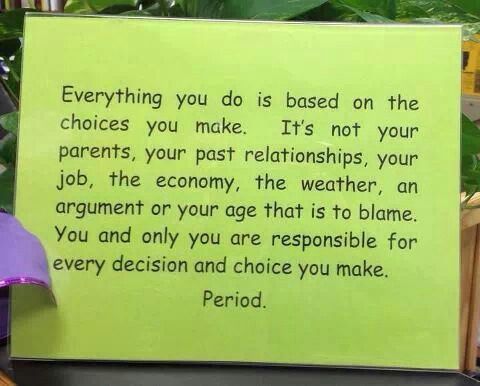
- MA Bulgakov "Master and Margarita". Responsibility is a difficult test that falls on the shoulders of a person, so not everyone can bear this burden. Only people who are internally strong and persistent can be responsible. A cowardly, weak person, unable to make a decision, often tries to avoid responsibility or shift it onto the shoulders of others. In such an unfavorable light, Pontius Pilate, the hero of the famous novel by M.A. Bulgakov "The Master and Margarita" On duty, the fifth procurator of Judea had to decide the issue of the execution of criminals, among whom was Yeshua Ha-Nozri, a wandering philosopher. Interrogating him, Pontius Pilate learned a lot of interesting things about Yeshua. For example, that he is a merciful and disinterested person, for him all people are kind, he is open to everyone with his heart. Ha-Notsri is smart, he knows several languages, he knows how to reason, there is not a drop of cunning and flattery in his words. He knows how to determine the mood of a person, like a subtle psychologist, he was able to determine the secret desires of the procurator by the movement of his hand and facial expression, and saved him from a headache.
 Pontius Pilate was imbued with respect and warm feelings for the young philosopher and would like to justify him, save him from execution. However, the hegemon worries about the benefits that he has: wealth, power, reputation. Not wanting to lose them, he shifts the responsibility for deciding the fate of Yeshua to the Sanhedrin. But, to his great regret, the members of the Sanhedrin decided not in favor of the wandering philosopher, so Yeshua was executed as a dangerous criminal. Pontius Pilate later regretted many times that he had lost heart, did not take responsibility for himself, did not find the strength in himself to make the right decision. For about two thousand years, Pontius Pilate returned in his dreams and dreams to Yeshua Ha-Nozri and talked to him, because he felt that then, at their first and last meeting, they did not agree on something. His story convinces us that very often not only our own fate and state of mind, but also the fate of other people depends on our responsibility.
Pontius Pilate was imbued with respect and warm feelings for the young philosopher and would like to justify him, save him from execution. However, the hegemon worries about the benefits that he has: wealth, power, reputation. Not wanting to lose them, he shifts the responsibility for deciding the fate of Yeshua to the Sanhedrin. But, to his great regret, the members of the Sanhedrin decided not in favor of the wandering philosopher, so Yeshua was executed as a dangerous criminal. Pontius Pilate later regretted many times that he had lost heart, did not take responsibility for himself, did not find the strength in himself to make the right decision. For about two thousand years, Pontius Pilate returned in his dreams and dreams to Yeshua Ha-Nozri and talked to him, because he felt that then, at their first and last meeting, they did not agree on something. His story convinces us that very often not only our own fate and state of mind, but also the fate of other people depends on our responsibility.
- M. Gorky "Old Woman Izergil". The writer Maxim Gorky has always been interested in the actual problems of contemporary society for him, therefore in his works he has repeatedly raised questions of kindness, mercy, equality, freedom, and also the responsibility of a person for his actions. The great writer of the 20th century believed that regardless of his status in society, age, each person should be responsible for what he does, says, what decisions he makes. He raises this problem in the story "Old Woman Izergil". The first part of this work is "The Legend of Larra". Seeing the dark shadows, the old storyteller recalls the legend about the origin of these shadows and shares it with the author. A long time ago, a tribe lived on earth, from where one day an eagle took one of the most beautiful girls to the mountains and called her his wife. Twenty years later, she returned to her family, as the eagle grew old and died. But she returned not alone, but with a young, strong, handsome man, whom she called her son.
 The young man was the same as all the young men in the tribe, only too proud and selfish. Once he killed a girl who dared to push him away when he approached her and wanted to take her away. The murder took place in front of the entire tribe, so he could not be forgiven for such a daring and cruel act. According to the laws of the tribe, a person who has committed a crime must bear responsibility for it. The young man was in no hurry to take responsibility for what he had done, but the elders, after much deliberation, decided that the punishment was in his pride, which in the end would destroy his master. And so it happened. All the people of the tribe turned away from Larra, they did not talk to him, did not share anything. Then the young man wanted to die, but the Gods deprived him of even that, and over the years of wandering he turned into a shadow. M. Gorky in the work "Old Woman Izergil" argues that every person should be responsible for his actions and deeds. Irresponsible people push away from themselves, they are not trusted.
The young man was the same as all the young men in the tribe, only too proud and selfish. Once he killed a girl who dared to push him away when he approached her and wanted to take her away. The murder took place in front of the entire tribe, so he could not be forgiven for such a daring and cruel act. According to the laws of the tribe, a person who has committed a crime must bear responsibility for it. The young man was in no hurry to take responsibility for what he had done, but the elders, after much deliberation, decided that the punishment was in his pride, which in the end would destroy his master. And so it happened. All the people of the tribe turned away from Larra, they did not talk to him, did not share anything. Then the young man wanted to die, but the Gods deprived him of even that, and over the years of wandering he turned into a shadow. M. Gorky in the work "Old Woman Izergil" argues that every person should be responsible for his actions and deeds. Irresponsible people push away from themselves, they are not trusted.
- Y. Rytkheu "When the whales leave". Everything that happens on earth comes from a man who calls himself the king of nature. Wars, disasters, environmental problems - all this is the work of his hands and brain. And if a person does not come to his senses in the near future and does not take responsibility for everything, then the planet may die. Yuri Rytkheu tells about this in the story “When the Whales Leave”. The work is based on the legend about the appearance of the human race on earth, about the close connection between nature and man. The legend says that once the beautiful Nau met a young man, Reu, who was actually a whale, but, having fallen in love with a girl, turned into a man. They became husband and wife, and then they had children: whales and babies. Some grew in the sea, while others grew on land. But both sea and earthly children were brothers and sisters. Rau got old and died, and only old Nau told new generations about how their family appeared, that whales and people are brothers and sisters, children of the same mother, so people should take care of animals, protect them, respect each other, otherwise human greed will destroy the people themselves.
 But no one listened to the reasoning of the sick old woman, and when there were no more walruses and seals, in a famine year people, in order to save themselves, still killed a huge whale, and then old Nau died, who did not have time to finish talking about something before her death. important. When in the morning they came to the shore for the carcass of a whale, they saw instead a dead man, whose black hair was touched by the waves. And on the desert surface of the sea, not a single whale fountain was visible. The whales are gone, that is, what the old Nau warned about happened. But man did not want to take responsibility for the fate of nature and his own destiny, he could not tame his greed and insatiability, so a big disaster happened. Thus, the writer claims that a person should be responsible for all life on Earth, because his life also depends on it.
But no one listened to the reasoning of the sick old woman, and when there were no more walruses and seals, in a famine year people, in order to save themselves, still killed a huge whale, and then old Nau died, who did not have time to finish talking about something before her death. important. When in the morning they came to the shore for the carcass of a whale, they saw instead a dead man, whose black hair was touched by the waves. And on the desert surface of the sea, not a single whale fountain was visible. The whales are gone, that is, what the old Nau warned about happened. But man did not want to take responsibility for the fate of nature and his own destiny, he could not tame his greed and insatiability, so a big disaster happened. Thus, the writer claims that a person should be responsible for all life on Earth, because his life also depends on it. - MA Bulgakov "Heart of a Dog". Each person during his life commits various actions, actions, makes decisions.
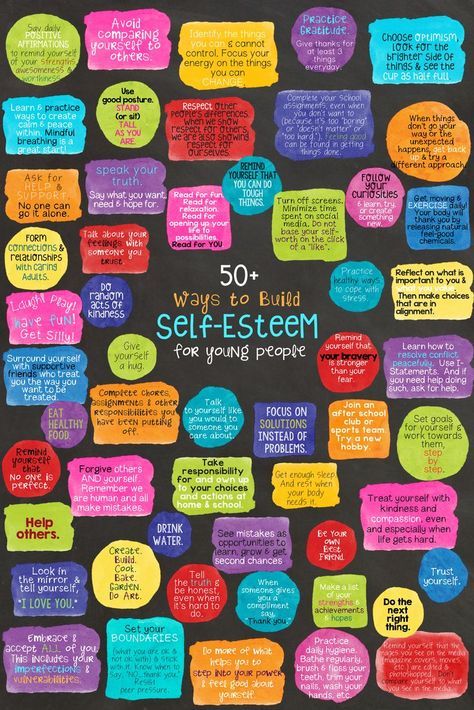 He often acts according to his preferences, interests, his opinion, but every time he must be responsible for the consequences of his actions, because the fate of many people sometimes depends on his responsibility and caution. The Russian writer M.A. Bulgakov in the story "Heart of a Dog". Professor Preobrazhensky performs a unique operation to transplant the seminal glands and human pituitary gland to a stray dog Sharik. As a result of the experiment, a terrible and evil creature, Sharikov, is born. Gradually, the dog begins to turn into a man, and every day he more and more resembles his donor - the drunkard and thief Klim Chugunkin. Sharikov becomes more and more confident, arrogant, cheeky. There is not a drop of culture in him: he can be nasty, swear, not at all ashamed of it, reacts aggressively to neighbor cats, strangles them, breaks taps, litters, scares people on the stairs, and even bit one lady. Gets from him and Professor Preobrazhensky. Thanks to the help and support of the house committee of Shvonder, Sharikov received documents, got a job, and then brought his bride to the professor's house and demanded that they vacate part of the living space.
He often acts according to his preferences, interests, his opinion, but every time he must be responsible for the consequences of his actions, because the fate of many people sometimes depends on his responsibility and caution. The Russian writer M.A. Bulgakov in the story "Heart of a Dog". Professor Preobrazhensky performs a unique operation to transplant the seminal glands and human pituitary gland to a stray dog Sharik. As a result of the experiment, a terrible and evil creature, Sharikov, is born. Gradually, the dog begins to turn into a man, and every day he more and more resembles his donor - the drunkard and thief Klim Chugunkin. Sharikov becomes more and more confident, arrogant, cheeky. There is not a drop of culture in him: he can be nasty, swear, not at all ashamed of it, reacts aggressively to neighbor cats, strangles them, breaks taps, litters, scares people on the stairs, and even bit one lady. Gets from him and Professor Preobrazhensky. Thanks to the help and support of the house committee of Shvonder, Sharikov received documents, got a job, and then brought his bride to the professor's house and demanded that they vacate part of the living space. The scientist understands that Sharikov is the result of his experiment, so he, as a professor, is to blame for the fact that Polygraph Poligrafovich turned out just like that. Preobrazhensky takes charge and corrects his mistake with another operation that results in Sharikov turning back into Sharik. Thus, M.A. Bulgakov believes that any person, especially a scientist, is responsible for the result of his actions, his work.
The scientist understands that Sharikov is the result of his experiment, so he, as a professor, is to blame for the fact that Polygraph Poligrafovich turned out just like that. Preobrazhensky takes charge and corrects his mistake with another operation that results in Sharikov turning back into Sharik. Thus, M.A. Bulgakov believes that any person, especially a scientist, is responsible for the result of his actions, his work.
Composition about Responsibility
From childhood we are taught to a very important aspect of life - responsibility. What is it? It is the duty of a person to be responsible for his words and deeds.
If we take the early years of our lives, then our responsibility is scanty: we need to accept the blame, in case we break something; try to clean up if we break something. In short, we must make mistakes and be punished for those mistakes. A child who lives with the thought that there is no punishment for him for his erroneous action grows up to be an irresponsible and unpleasant person.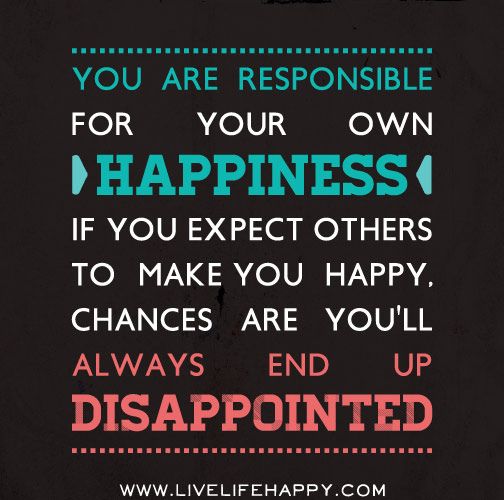
When a child begins to go to school, his duties include diligent study, and for this he must turn in assignments on time, follow the instructions of the teacher and the instructions of his parents. Every parent wants their child to be successful in school, so in most cases it requires a lot. At these stages of life, the child begins to realize that there are consequences for actions or inactions. For example, before the control, not repeating the material covered is inaction, which is usually punished with a bad grade. The student must understand this and draw conclusions that will help him in the future.
The same applies, for example, to being late. Everyone knows that it is necessary to come to school by 8 in the morning, but there are those children who neglect this rule, for which they are also punished. This rule was established at school in order to accustom to the order that awaits children in adulthood. Only if at school you can get a verbal remark for being late and miss important material that was told, then in adult life you can lose your bonus or even fly out of work.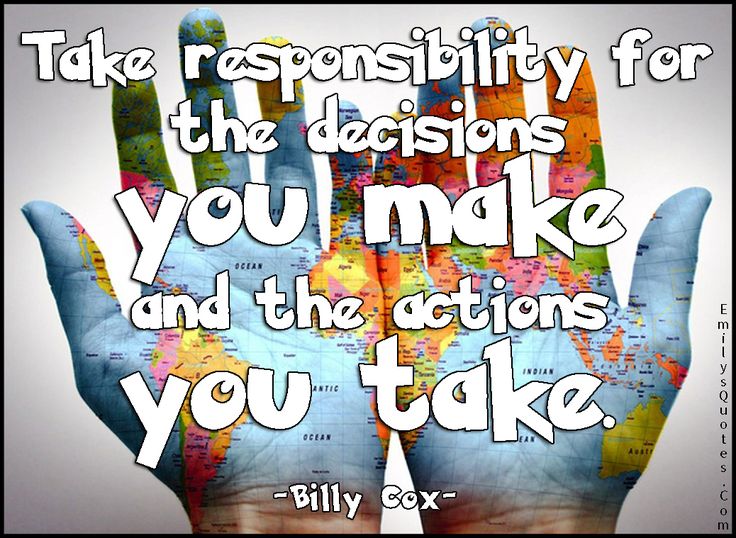
I think that it is not only possible, but also necessary, to teach responsibility from a very young age. Every child must be aware that there are consequences behind his actions, that he will be punished for his every misconduct. If we remove all these rules from our lives, if we deprive people of a sense of responsibility to others, then anarchy will begin to rule our world, and people will become uncontrollable irresponsible pigs, because it is the awareness of one’s mistakes and an attempt to correct them that makes a person reasonable, distinguishes him from animals .
Why do atrocities cause great suffering?
The desire to achieve various material goods , such as power, greatness, fame, wealth or pleasure in general, at the expense of harming the environment, betrays a low nature in a person, which suffers from a lack of understanding within oneself that such actions will undoubtedly turn into suffering for a person. In addition to colorful descriptions of hell, which promises those who commit evil deeds in order to satisfy base needs, there is also a purely practical side to the fact that animal life leads a person to terrible suffering already during his lifetime.
A mean person makes many different kinds of enemies, and even if he does not really care that his bad reputation spreads far, that he is despised and pathetic in his deeds, such hatred still leads to the need to protect his life. Day and night. Build huge walls around your house, put bars on the windows, get fighting dogs and guards. All this betrays in a person fear for his miserable life. However, it should be understood that the life of all people is equal in its price and you should not be so seduced about preserving it, because when the time comes to leave this life, nothing will save a person. At the same time, a person is protected by fate from death, until this hour comes.
Great people died for stupid reasons, someone was poisoned, someone undermined their health with endless drinking, someone died of infection, pricked on a rose thorn, and someone died at night, choking on their own blood. One way or another, not only another person, but also an accidental, at first glance, event can take a person’s life.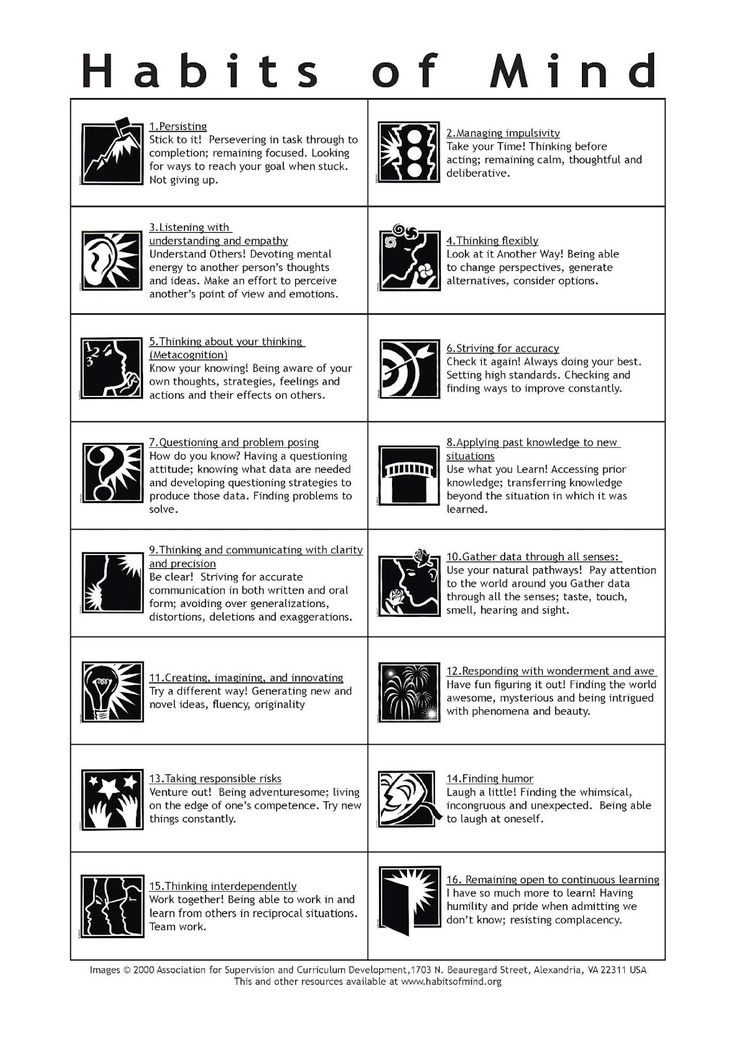 The commission of evil deeds is not only evidence of the absence of a person’s inner happiness, the feeling of which would free him from the need to commit such deeds, but is also the cause of internal suffering. Such a person does not have real friends, as he is prone to meanness, and the possession of wealth, fame or other wealth only moves him away from happiness, since the first priority for such a person is to increase or preserve what has been achieved, which is not always possible.
The commission of evil deeds is not only evidence of the absence of a person’s inner happiness, the feeling of which would free him from the need to commit such deeds, but is also the cause of internal suffering. Such a person does not have real friends, as he is prone to meanness, and the possession of wealth, fame or other wealth only moves him away from happiness, since the first priority for such a person is to increase or preserve what has been achieved, which is not always possible.
Having dedicated his life to achieving a certain level of life, but completely neglecting virtue, a person who has achieved his goal finds himself inside an absolutely empty and unnecessary life for anyone: neither for others, nor for himself. The burden of responsibility due to grave misconduct weighs on his soul, while the benefits received become completely disgusting to him. Surrounding people revere such a person not as a person, not as a person, but as the owner of a property that he can lose at any second, along with all the admirers. For this reason, you should not worry either about the presence of such benefits, or about its absence. Human honor is worth nothing, since it comes from the perception not of the heart and soul, but of the blessings that surround a person and what benefit he can bring. Such an approach is even lower than an animal, if only because they are able to benefit each other, while such hangers-on do not cost more than leftovers after dinner, since they are not able to benefit, but rather distract a person from business and possible awareness own folly.
For this reason, you should not worry either about the presence of such benefits, or about its absence. Human honor is worth nothing, since it comes from the perception not of the heart and soul, but of the blessings that surround a person and what benefit he can bring. Such an approach is even lower than an animal, if only because they are able to benefit each other, while such hangers-on do not cost more than leftovers after dinner, since they are not able to benefit, but rather distract a person from business and possible awareness own folly.
Neither the desire to enjoy itself can satisfy a person, as it will always come back again and again, leaving a person unsatisfied, greedy and lusty, even in the process of enjoyment itself. The mind of such a person is always rushing about in the future, in search of ways to possibly receive pleasure. He contemplates what would be the quickest and easiest way to take. However, such people either become victims of scammers, if they are naive, and if they are malevolent, then they themselves become scammers. Fraudsters, by virtue of their deeds, do not have freedom and everywhere they are forced to hide in a certain way, live under false names and restrict themselves in every possible way in movement. Thus, man exchanges freedom, which is the condition of normal enjoyment, for empty and restless pleasures.
Fraudsters, by virtue of their deeds, do not have freedom and everywhere they are forced to hide in a certain way, live under false names and restrict themselves in every possible way in movement. Thus, man exchanges freedom, which is the condition of normal enjoyment, for empty and restless pleasures.
Even having achieved everything and being in complete peace, a person who has taken responsibility for evil deeds on his soul will be forced to suffer either from regrets about his deeds, or mortal boredom. Regrets haunt a person, forcing him to justify himself at every memory in order to shut up a sense of conscience, shame and guilt for a committed offense. Given that a person's perception of a certain event does not change the fact of how he participated in it. Boredom overtakes a person who has reached a certain level, since, for the most part, happiness lies in achieving a goal, in overcoming difficulties and moving forward. This is what every self-respecting person needs. But what happiness can bring a petty goal, devoid of meaning and good, except for boredom from the fact of its implementation? Having completed his journey and established himself in his material well-being, a person dooms himself to a slow death, forcing him to support his life with various pleasures in order to drown out all feelings.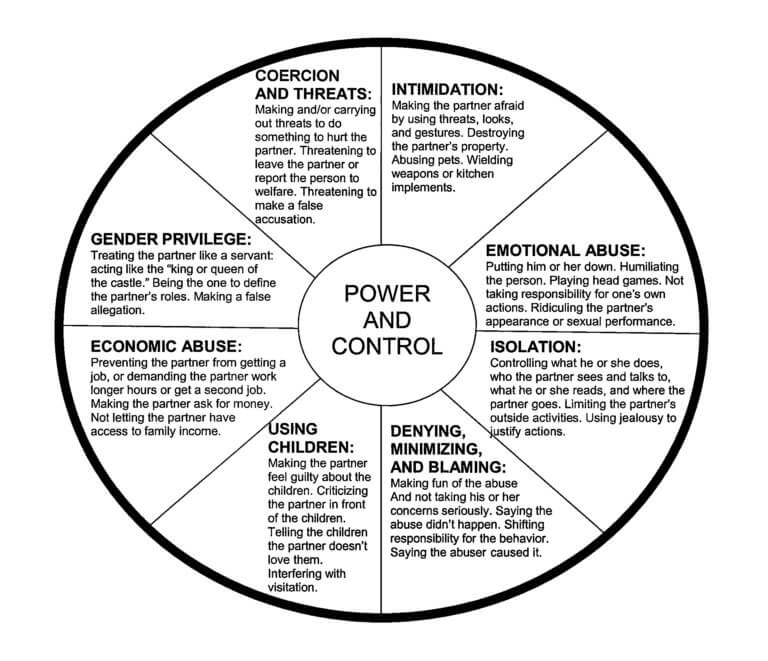 And here is an endless feast, and women, and alcohol, and drugs, and everything that leads a person to death rather than old age, and everything that corrupts a person’s heart to the ground. Thus, a successful person becomes a work and a fallen person, even though his goal is achieved.
And here is an endless feast, and women, and alcohol, and drugs, and everything that leads a person to death rather than old age, and everything that corrupts a person’s heart to the ground. Thus, a successful person becomes a work and a fallen person, even though his goal is achieved.
We also recommend this article: Excess and lack of energy are equally harmful
This indicates stupidity in choosing priorities, since not a single material achievement can satisfy a person's heart. Because if a person is not satisfied with one achievement, then a hundred will not satisfy him, and if he is satisfied with one, then such a person remains at the level of that moment, at the level of a teenager and is forced to suffer all his life like a lost child, from a lack of understanding of why the world relates to to him as an adult. However, it is worth paying more attention not to formal achievements, but to internal ones, to work not for the sake of achieving external good, but for good in one’s heart, which undoubtedly indicates the need to cultivate virtue in one’s heart, bring good, refusing any vice and fulfill one’s duty, putting your whole being into it.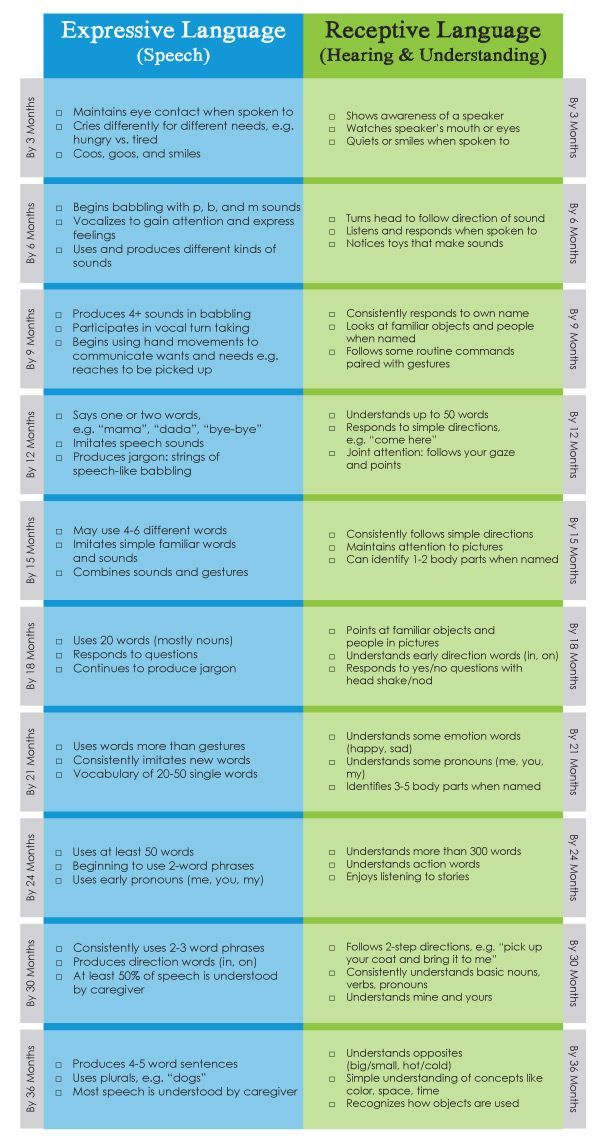 In such a life, a person is able to gain not temporary pleasure from empty achievements and blessings, but from life itself, from his very existence, to feel happiness, that he does not live in vain and that there is in him some kind of goal that is higher than himself, but to which he inevitably seeks.
In such a life, a person is able to gain not temporary pleasure from empty achievements and blessings, but from life itself, from his very existence, to feel happiness, that he does not live in vain and that there is in him some kind of goal that is higher than himself, but to which he inevitably seeks.
Responsibility for such a way of life overtakes a person not immediately, just like a metal in the process of melting does not immediately acquire a liquid state. So a person will have to stay in the fire for a while. And for purification and for acquiring the necessary state, the state of burning with one's life, because it is precisely this way of life that is capable of leaving a person's heart like a torch that shines not only on oneself, but also on other people. Without thinking about himself and refusing to fulfill his desires, a person finds complete satisfaction in his activity, directing all his efforts to virtue and good, a person gets rid of the fear of losing something or stumbling upon something unpleasant, because he makes his own life only dependent on himself, and not on the world around him.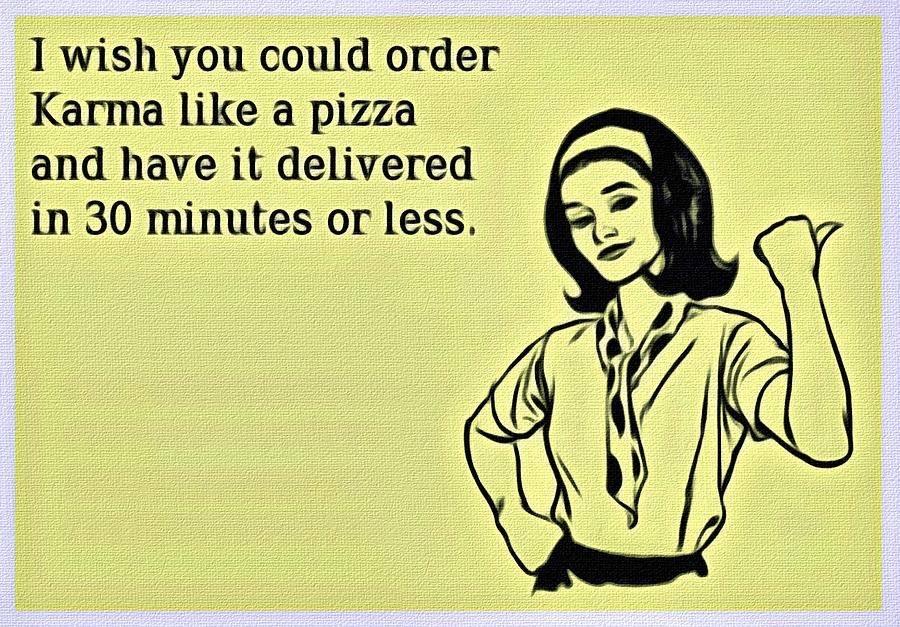
By acting in this way, a person acquires everything necessary for life, since his needs are small, and his character is good, which attracts honest and open people, just as a person needs to live in a society of people, and not donkeys, so well-behaved people Having met, they connect their destinies with strong bonds. Such communication, in an atmosphere of ease and freedom, in the absence of a desire to use each other, generates nectar in people's relationships, freeing them from vicious desires, vices and anger, freeing them from anguish and sadness, giving strength and giving the opportunity to continue moving. This is not available to people who have sold their human nature in exchange for mortal and empty things that they will soon lose.
A person who does not act for the sake of achievements, but for the sake of a certain way of life, is distinguished by the fact that upon achieving the desired, he does not lose the mood to continue his path, but takes steps forward again and again, even having everything he can. This reflects the principle of a reasonable person who puts his life, his character above the pursuit of the fruits of labor, which frees him from the weaknesses to which most people are subject. The ability to adhere to a certain path for a long period of time gives a person a chance to surpass his character, to become even better and freer not for empty pleasures or meaningless trinkets, but for his very heart. Acting in this way, one can not doubt either oneself or the chosen path, since such a course of action frees a person from both expectations and doubts, allowing him to be truly free.
This reflects the principle of a reasonable person who puts his life, his character above the pursuit of the fruits of labor, which frees him from the weaknesses to which most people are subject. The ability to adhere to a certain path for a long period of time gives a person a chance to surpass his character, to become even better and freer not for empty pleasures or meaningless trinkets, but for his very heart. Acting in this way, one can not doubt either oneself or the chosen path, since such a course of action frees a person from both expectations and doubts, allowing him to be truly free.
Responsibility for observing one's own rational nature and responsibility for evil deeds are definitely different. The first leads a person to freedom, independence from the will of others and true, inner happiness, while the second outcome makes a person an empty shell who sold his heart for miserable crumbs. Such a person is no more than a slave to his position, his goods, he is not able to refuse them, nor is he able to stop thinking about them.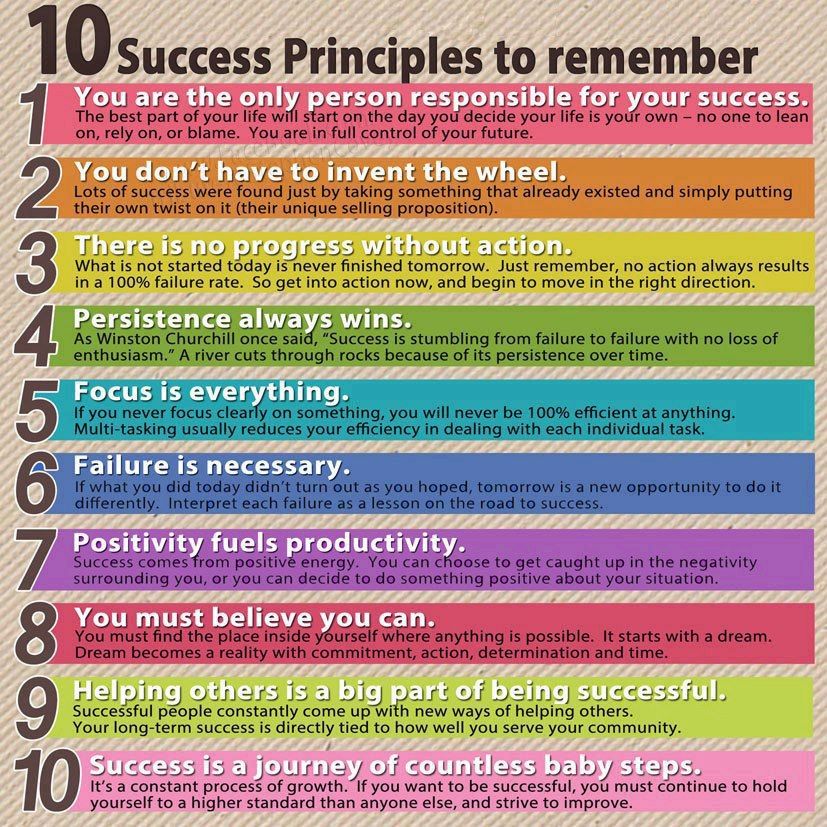 Things, titles, honor, fame, everything begins to take possession of such a person, and he not only cannot be honest with others, but also with himself.
Things, titles, honor, fame, everything begins to take possession of such a person, and he not only cannot be honest with others, but also with himself.
Responsibility for one's own actions lies with a person, regardless of how he perceives his role in the event. In order not to commit reckless, malicious and bad deeds, a person should, with a firm intention, abandon the desire for the low and firmly adhering to human nature, acquire a strong rational principle that will show the path to virtue.
Sample 4
A responsible person is one who keeps his promises. Such people are always trusted, as they are not late when they say that they will come at the appointed time and return the things they borrowed.
During adolescence, responsibility plays an important role, but not so important: doing homework on time, attending school, preparing for recreational activities. The young mind may not understand the seriousness of the situation. It is not enough to prepare, for example, a speech, it is important that it be done on time and with high quality.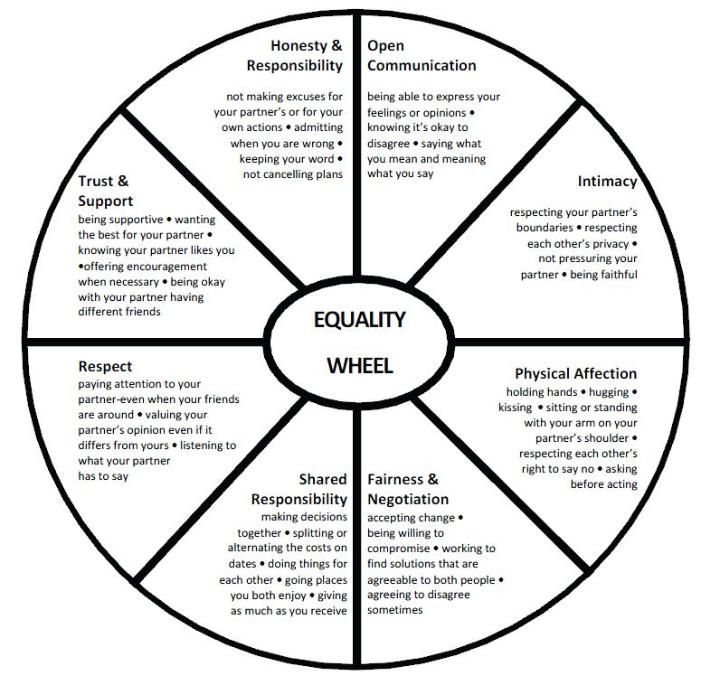 From the moment a teenager enters adulthood, responsibility haunts him everywhere: at work, at university, at home.
From the moment a teenager enters adulthood, responsibility haunts him everywhere: at work, at university, at home.
There are people who are afraid to make decisions, to carry out serious assignments, so they are subordinate to others. Such softness can lead to disastrous consequences. People who are easily manipulated are often deceived and betrayed. If you think about it, such a life is very boring and meaningless. People learn from their mistakes by trying something an infinite number of times and analyzing the mistakes. Only in this way can success be achieved.
I believe that responsibility should be taught from childhood. Parenting plays a big role in this. Let's imagine such a situation. The child is not allowed to take the initiative, to express his own opinion, to do what he wants. With a high probability, such a child will grow up into an infantile young man who will live with his parents on their money, because he will be too lazy to get a job.
Examples of irresponsibility are easy to find in real life.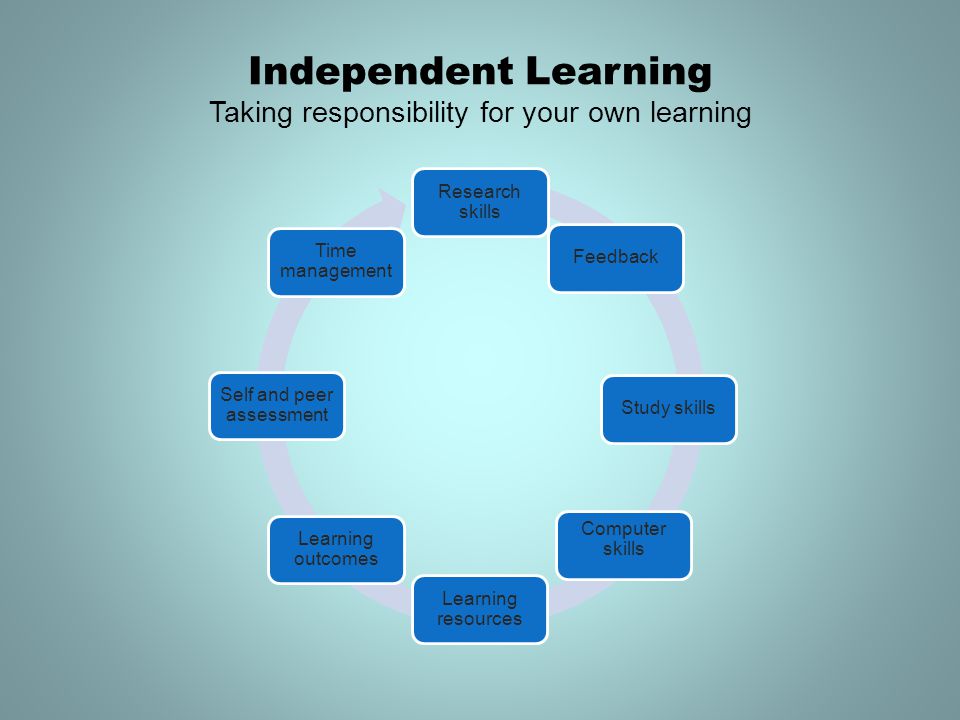 There are terrible cases of medical errors that occurred because of students who skipped school and did not want to study, who began to operate. Investigators who do not want to understand the crimes, but arrest the first one who comes across. It cannot be denied that such cases occur in our country, they show that irresponsible actions can break the lives of innocent people.
There are terrible cases of medical errors that occurred because of students who skipped school and did not want to study, who began to operate. Investigators who do not want to understand the crimes, but arrest the first one who comes across. It cannot be denied that such cases occur in our country, they show that irresponsible actions can break the lives of innocent people.
I want to give an example of the right thing to do from my life. As a child, I broke an expensive vase that my parents bought in Yekaterinburg, at first I wanted to shift the blame to the cat Vaska, but I felt sorry for him. Not wanting to act vilely, I confessed my guilt to my parents. Of course, mom and dad were upset and punished me, but they were proud of my act. This is the essence of responsibility. You need to be able to accept the punishment you deserve.
Thus, responsibility is very important for any person. Not only an adult, but also a child. You need to act honestly, not to deny your own mistakes, but to answer for them.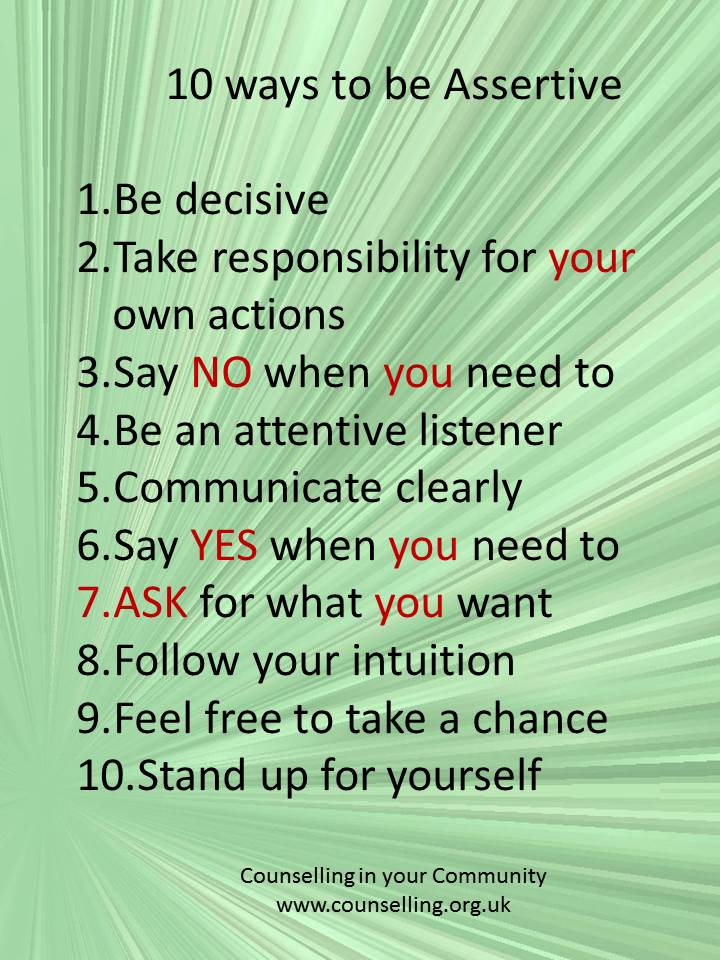
The problem of responsibility in life
In each literary work, the problem of a person's responsibility for his actions is quite clearly shown. Arguments from real life can only supplement all of the above:
- Children began to disappear in a small Siberian town. Later, their bodies began to be found on the outskirts of the settlement. The police opened the archives, but the killer could not be found. There was only one person on whom suspicion fell. But no matter how many times law enforcement authorities checked the information about his whereabouts, the data indicated that he was in a mental hospital. After some time, it turned out that the offender had long been discharged from the medical institution, only the nurse forgot to draw up the relevant documents, which allowed him to calmly act out.
Perhaps this is too peculiar an argument, but the fact remains that an irresponsible attitude to one's duties always leads to disastrous consequences.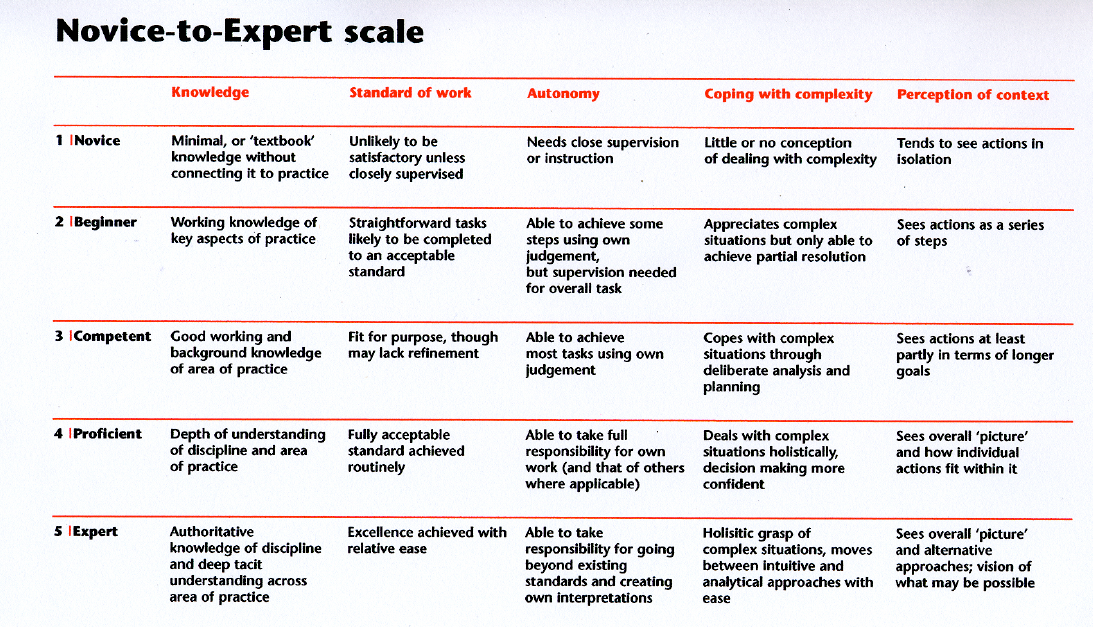 Of course, they are not always so terrible, but they are always present.
Of course, they are not always so terrible, but they are always present.
Reasoning
Many of us ask ourselves the question - what is responsibility? When is the best time to start developing this quality in a person? And everyone will find something to say about this, because responsibility is understood as the ability to be responsible for one's words and actions, the ability to admit one's mistakes and ask for forgiveness in time for the insult.
Raising a sense of responsibility falls on the shoulders of parents. And the sooner they begin to explain to their child that they need to clean up after themselves toys, take care of pets, the better. With age, the child will be aware of his actions, what needs to be done and what cannot be done, and will easily fulfill any instructions of his parents. At school age, responsibility is perceived as timely completion of tasks, discipline during classes. It would seem that the elementary school rule is to come to school by 8 o'clock in the morning.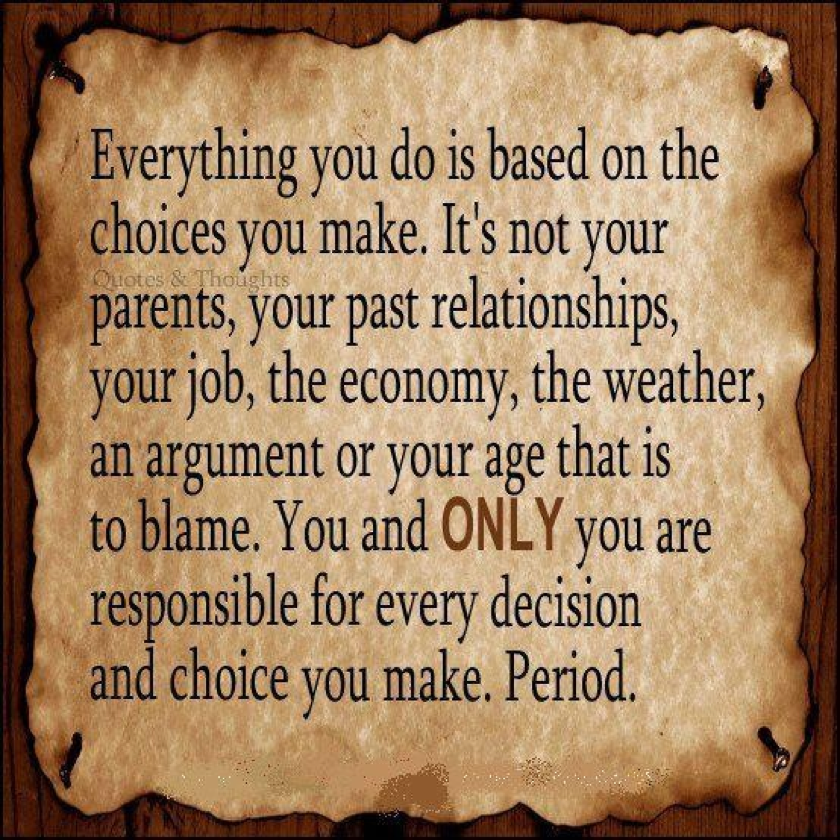 But it teaches the student to properly allocate time throughout the day, teaches him not to let his classmates and teachers down. As an adult, showing up on time for important meetings or work will only show you in a good way.
But it teaches the student to properly allocate time throughout the day, teaches him not to let his classmates and teachers down. As an adult, showing up on time for important meetings or work will only show you in a good way.
A man and a woman take on a great responsibility when creating a family, and even more when they decide to have a child. Now you need to be responsible not only for your own affairs, but also to take care of the well-being of your loved ones. Unfortunately, in our time there are a lot of families where a child becomes an unnecessary "thing", where men evade paying alimony, where the irresponsible behavior of adults leads to a crippled life of a little man. Therefore, before creating your own unit of society, you need to accept all the norms of behavior and realize that we are responsible for those we have tamed.
Responsible attitude to the cleanliness of the space around you will have a positive impact on the ecology of your city. After all, there is nothing difficult in throwing garbage into a container, cleaning the local area.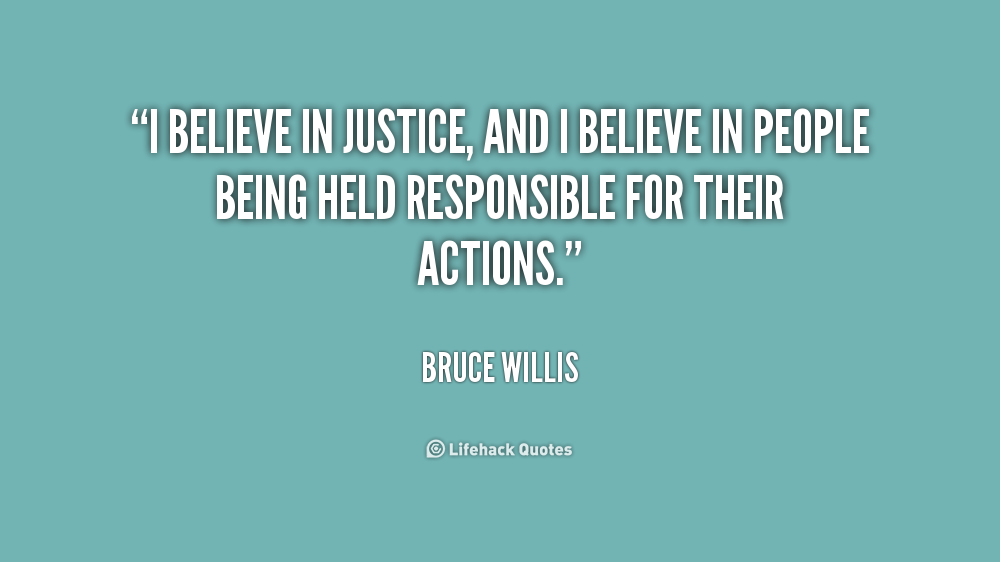 I am glad that now there are volunteer organizations that clean up public places, plant trees, and also help people in need. Their concern for nature is a vivid example of responsibility for their planet and their lives.
I am glad that now there are volunteer organizations that clean up public places, plant trees, and also help people in need. Their concern for nature is a vivid example of responsibility for their planet and their lives.
I believe that absolutely every person can become responsible, if only there is a desire to change something not only in the outside world, but first of all in oneself. There is nothing to be ashamed of admitting your mistakes and living by the laws of morality and honesty.
15.3 Grade 9 OGE
Responsibility for the lives of others
Any thoughtless action leads to the fact that there is a problem of human responsibility for their actions. The arguments above are direct proof of this. But it should be understood that inaction is also an action. It is much easier to pretend that nothing is happening than to interfere in the course of events.
Human indifference is also included in the category of actions for which one has to answer.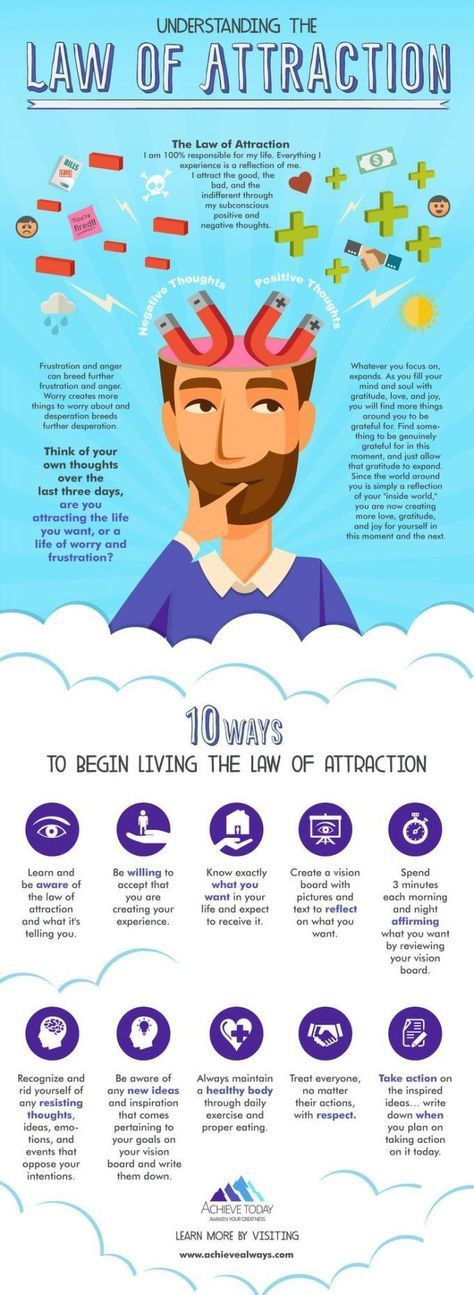 A very good example of this was given by A. Kuprin in the story "The Wonderful Doctor". The work was created on the basis of real events. A man who has been plagued by constant poverty decides to commit suicide. But just before he prepares to take the last, desperate step, Dr. N. Pirogov starts a conversation with him. The doctor helps the desperate. It is from this moment that a person's life begins to go "up".
A very good example of this was given by A. Kuprin in the story "The Wonderful Doctor". The work was created on the basis of real events. A man who has been plagued by constant poverty decides to commit suicide. But just before he prepares to take the last, desperate step, Dr. N. Pirogov starts a conversation with him. The doctor helps the desperate. It is from this moment that a person's life begins to go "up".
But what would happen if the doctor ignored the stranger's sad expression? There would be one less person in the world and one more grief. Just a few words, a little participation, sympathy and understanding. It's not much, it's free and priceless at the same time. Each of us influences the fate of others, and this is another problem of human responsibility for their actions, the arguments of which speak for themselves.
What else needs to be done?
8. Don't complain. Taking responsibility is all you need to do for your own life. Complaining is the exact opposite of that.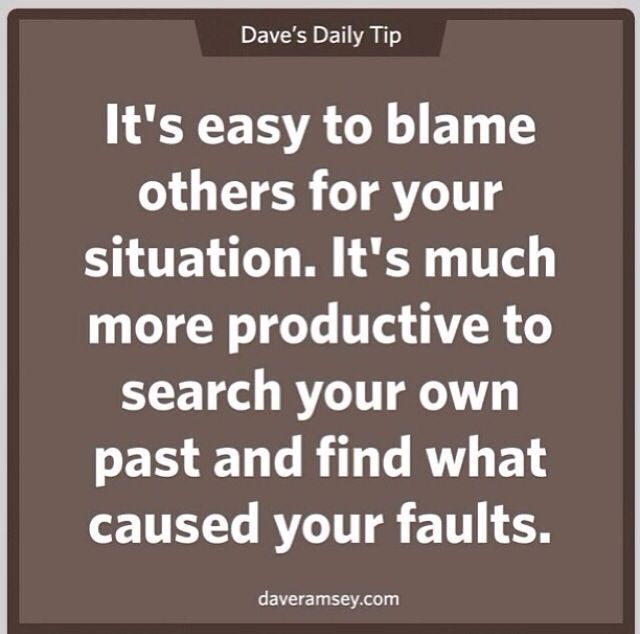 If you can't act, what's the point in complaining? Remember that when you complain, you become a victim. A good example is a prayer that asks for peace of mind to be able to accept what cannot be changed, to give courage to change what is possible, and the wisdom to distinguish one from the other.
If you can't act, what's the point in complaining? Remember that when you complain, you become a victim. A good example is a prayer that asks for peace of mind to be able to accept what cannot be changed, to give courage to change what is possible, and the wisdom to distinguish one from the other.
We take wooden boards, fabric, filler and make a soft bench in the hallway
A 45,500-year-old drawing was found in a cave in Indonesia
At dinner, Paul I told a dream that was prophetic. During the night the emperor died
9. Start acting. One of the useful tips on how to take responsibility for your life is to start working towards moving towards your dream, goal, ambition. Standing still, you will not achieve any ambitions and no goals will be fulfilled. Therefore, by taking even small steps, you improve your life.
Pay attention to yourself
3. Love yourself. People who have problems with self-esteem do not take responsibility for their lives.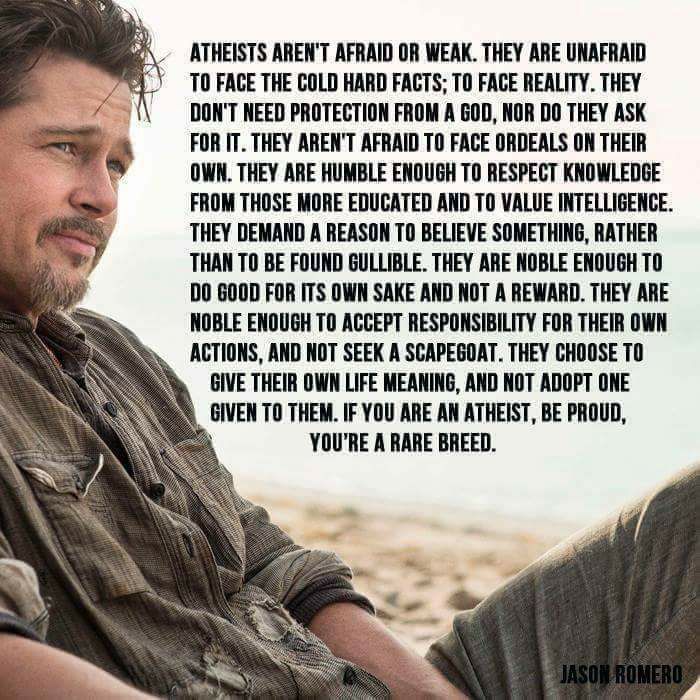 If you expect constant praise from other people in order to thereby look better in their eyes, you are giving power to others. When you love and appreciate yourself, you are a self-sufficient person, there is no other choice but to take responsibility for your own life.
If you expect constant praise from other people in order to thereby look better in their eyes, you are giving power to others. When you love and appreciate yourself, you are a self-sufficient person, there is no other choice but to take responsibility for your own life.
4. Work with daily habits. Taking responsibility and loving yourself is more than just a state of mind—they are actions and habits that you work on every day. Ways to help you take charge of your body and mind include
- correct dream;
- healthy eating;
- regular exercise;
- increasing one's spirituality;
- gratitude to oneself and others;
- reflections.
Learn to take responsibility for your life by working on yourself every day.
Responsibility for one's actions. NOTHING REGULAR
Responsible for one's actions. NOTHING REGULARWikiReading
NOTHING REGULAR
Millman Dan
Contents
Responsibility for one's actions
The concept of addiction is usually regarded as a kind of coercive force that turns out to be above us, that is, it implies uncontrollability, helplessness and doom of the person suffering from it.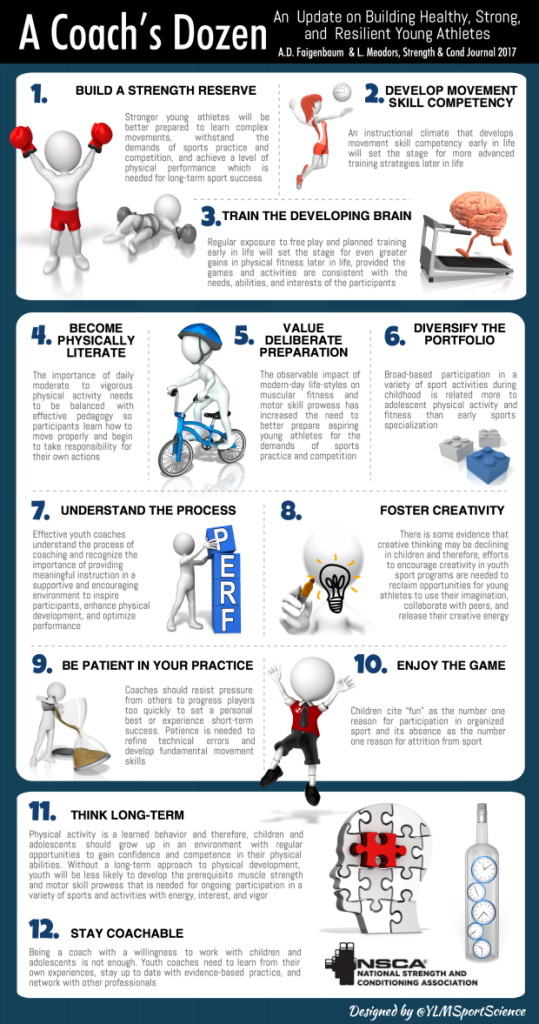 This may seem very fair, especially after many failed attempts to control our behavior, but in fact, we all have the ability to manage our lives. Those who follow the Path of the Peaceful Warrior must be aware that, despite the abundance of strange, unpleasant and obsessive thoughts, we are nevertheless able to take responsibility for our actions. Obsessive thoughts do not necessarily turn into actions. We are able to choose the actions we take; despite the extreme complexity, seeming improbability and even “hopelessness” of some possible solutions, we still have the ability to make them by skillfully managing our Basic Self.
This may seem very fair, especially after many failed attempts to control our behavior, but in fact, we all have the ability to manage our lives. Those who follow the Path of the Peaceful Warrior must be aware that, despite the abundance of strange, unpleasant and obsessive thoughts, we are nevertheless able to take responsibility for our actions. Obsessive thoughts do not necessarily turn into actions. We are able to choose the actions we take; despite the extreme complexity, seeming improbability and even “hopelessness” of some possible solutions, we still have the ability to make them by skillfully managing our Basic Self.
Understanding your own patterns of stress relief is the first step in the process of changing your lifestyle.
§ 1. Struggle of the plebeians for their rights
§ 1. The struggle of the plebeians for their rights Ultimately, in a city professing rationalism, a worthy place at this invisible handle was for everyone, even the most recent plebeians.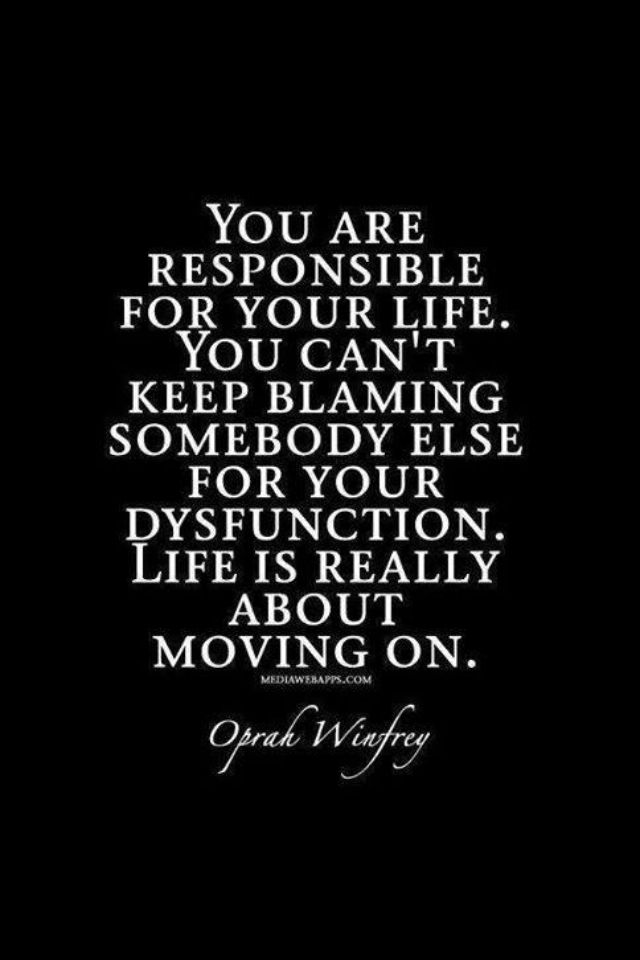 Moreover, it was not so much the implication of the weapon as it was this place that gave them a perspective on
Moreover, it was not so much the implication of the weapon as it was this place that gave them a perspective on
CAN YOU KEEP YOUR THOUGHTS TO YOURSELF?
CAN YOU KEEP YOUR THOUGHTS TO YOURSELF? How are such things possible? Someone will say, of course, that these experts are not experts, but propagandists, that they seek not to explain events, but to influence politics. However, let us put aside the merciless reproofs. What us here
36. "Man is always responsible for his actions" Free Will and Responsibility
36. "Man is always responsible for his actions" Free will and responsibility A person is always responsible for his actions, both when he sleeps and when he is awake. Babylonian Talmud, Bava Kamma 3b According to Jewish law, a person who harmed someone else's
DON'T BE AFRAID TO CORRECT YOUR MISTAKES
"DO NOT BE AFRAID TO CORRECT YOUR MISTAKES" A lot of things are important in a good argument, it's impossible to list everything here, of course.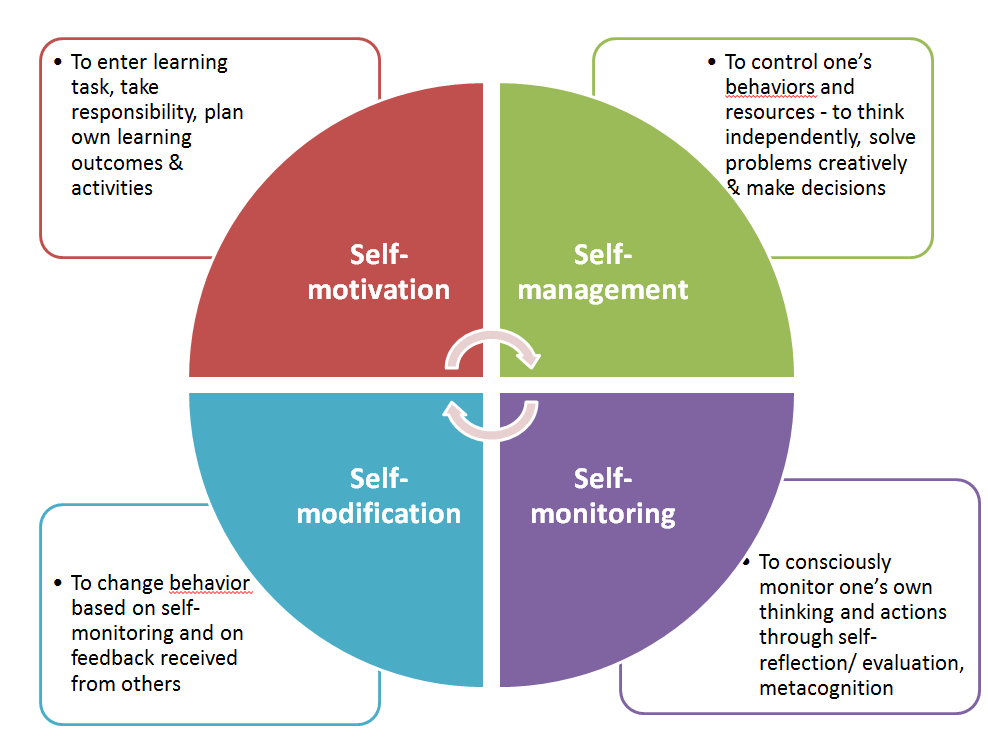 They say that before the revolution, the steamer "Turgenev" went from Odessa to Akkerman, carrying summer residents. And every time the ship was preparing to sail, almost
They say that before the revolution, the steamer "Turgenev" went from Odessa to Akkerman, carrying summer residents. And every time the ship was preparing to sail, almost
Friends and foes
Own and others 1. Nash Sovremennik (1989, No. 5) expressed dissatisfaction with the selection of articles and letters by Vladimir Solovyov, which opened in Novy Mir (1989, No. 1) a cycle of publications and messages from the history of Russian social thought. The critically acclaimed tone is frankly calculated
OURS AND STRANGERS
"OWN" AND "STRANGERS" The Ares man very clearly divides people into “us” and “them”. This is a necessary condition for relations in war, it is also transferred to civilian life. In Greek and even Roman mythology, this is not very clearly defined. In the cult practice of the Romans, we can only
"We are our own demons"
"We are our own demons" DEMONS.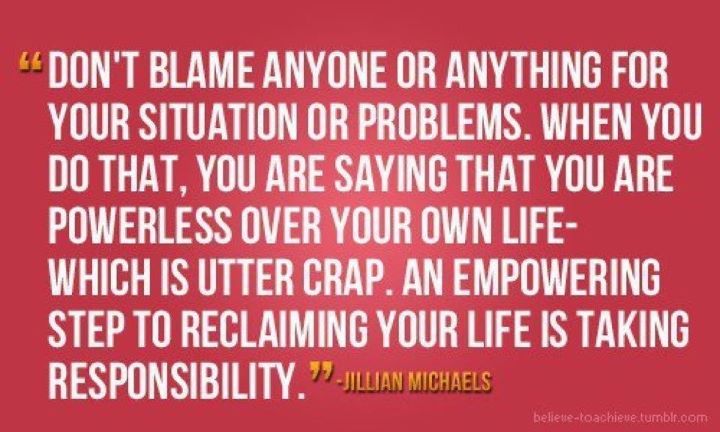 Sometimes it seems to the enamored subject that he is possessed by a linguistic demon, which pushes him to hurt himself, to expel himself - in Goethe's expression - from the paradise that at other times love relationships constitute for him. Some
Sometimes it seems to the enamored subject that he is possessed by a linguistic demon, which pushes him to hurt himself, to expel himself - in Goethe's expression - from the paradise that at other times love relationships constitute for him. Some
6. Explore Your Roots
6. "Explore your roots" Find where your roots are and don't fuss about other worlds. Toro G. Over the past centuries, mankind has made a huge leap forward in many areas of science and technology: the development of the atom, space flight, the study of other planets in the solar system, and much more
2. A MAN KNOWS ALL HIS INcarnations
2. A MAN KNOWS ALL OF HIS IMPLEMENTATIONS Man knows all his incarnations. But this knowledge is revealed to consciousness for most people for short moments, while they are in the sub-plane of abstract thinking.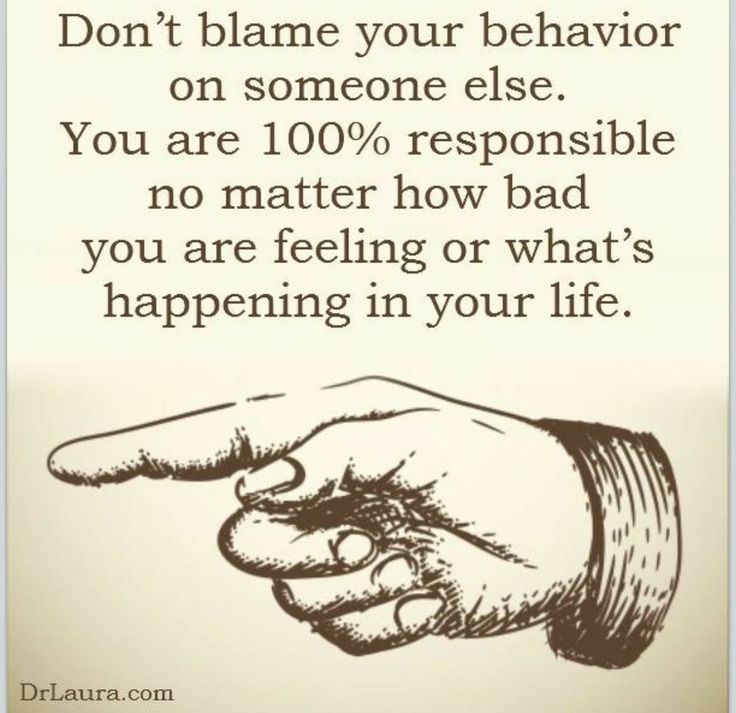 This is reasonably foreseen by nature (Creative Will
This is reasonably foreseen by nature (Creative Will
Chapter 3. Russians. Ours, ours
Chapter 3. Russians. Ours, ours The Proto-Slavic Ethnogenetic Cauldron The formation of the racial and cultural traits of a people is a complex process, the details of which are sometimes simply impossible to reconstruct. At the same time, each nation has its own ancestral home - the territorial "melting
Why don't we remember our dreams?
Why don't we remember our dreams? If we are awake on the astral plane during sleep, this does not mean that after awakening we will definitely remember everything. This does not happen because there is no bridge mentioned above. We often wake up with the feeling that we saw in
Can we control our dreams?
Can we control our dreams? In Egyptian temples, students were taught to control their dreams, to control them, to interrupt, if necessary, unwanted sleep.


